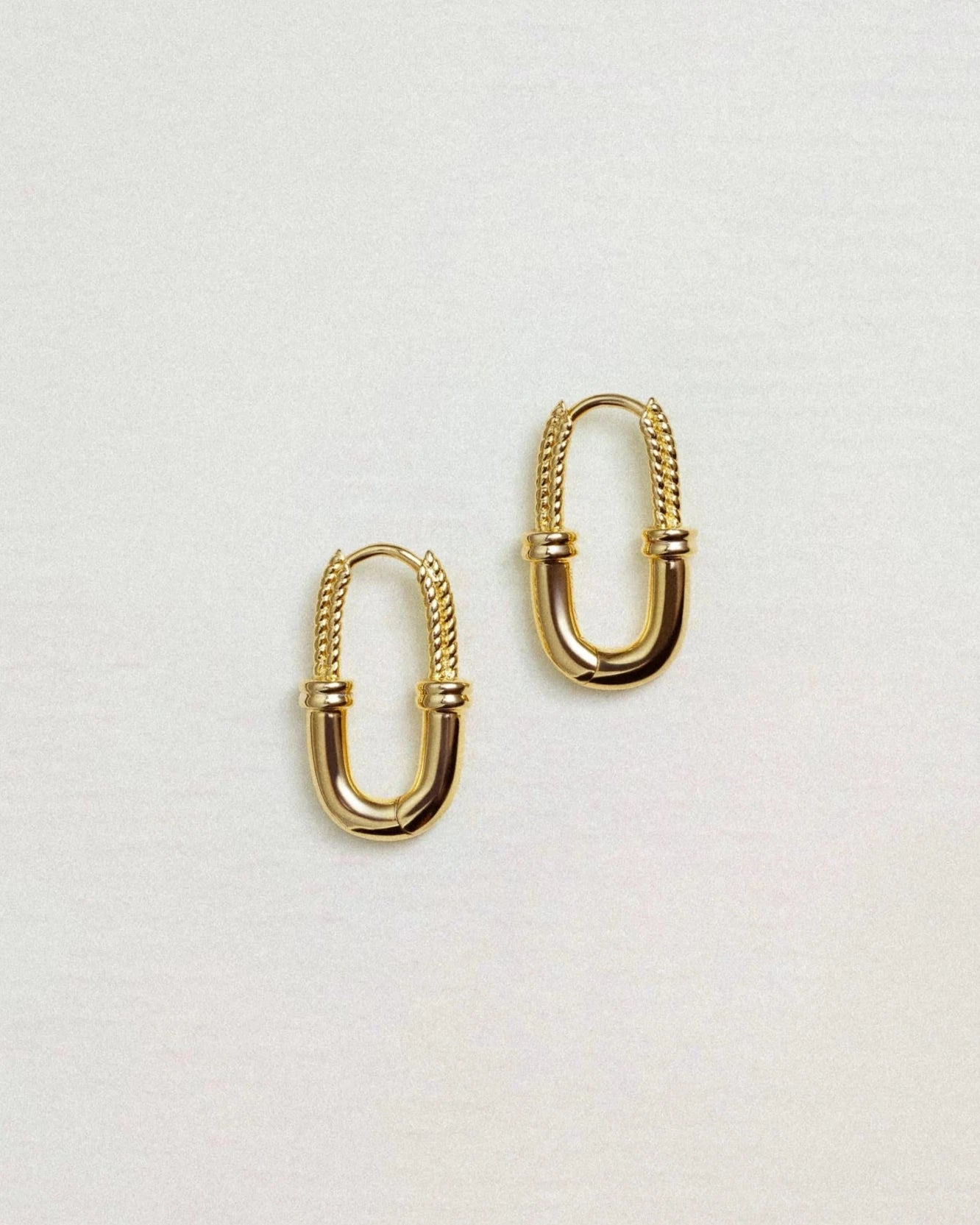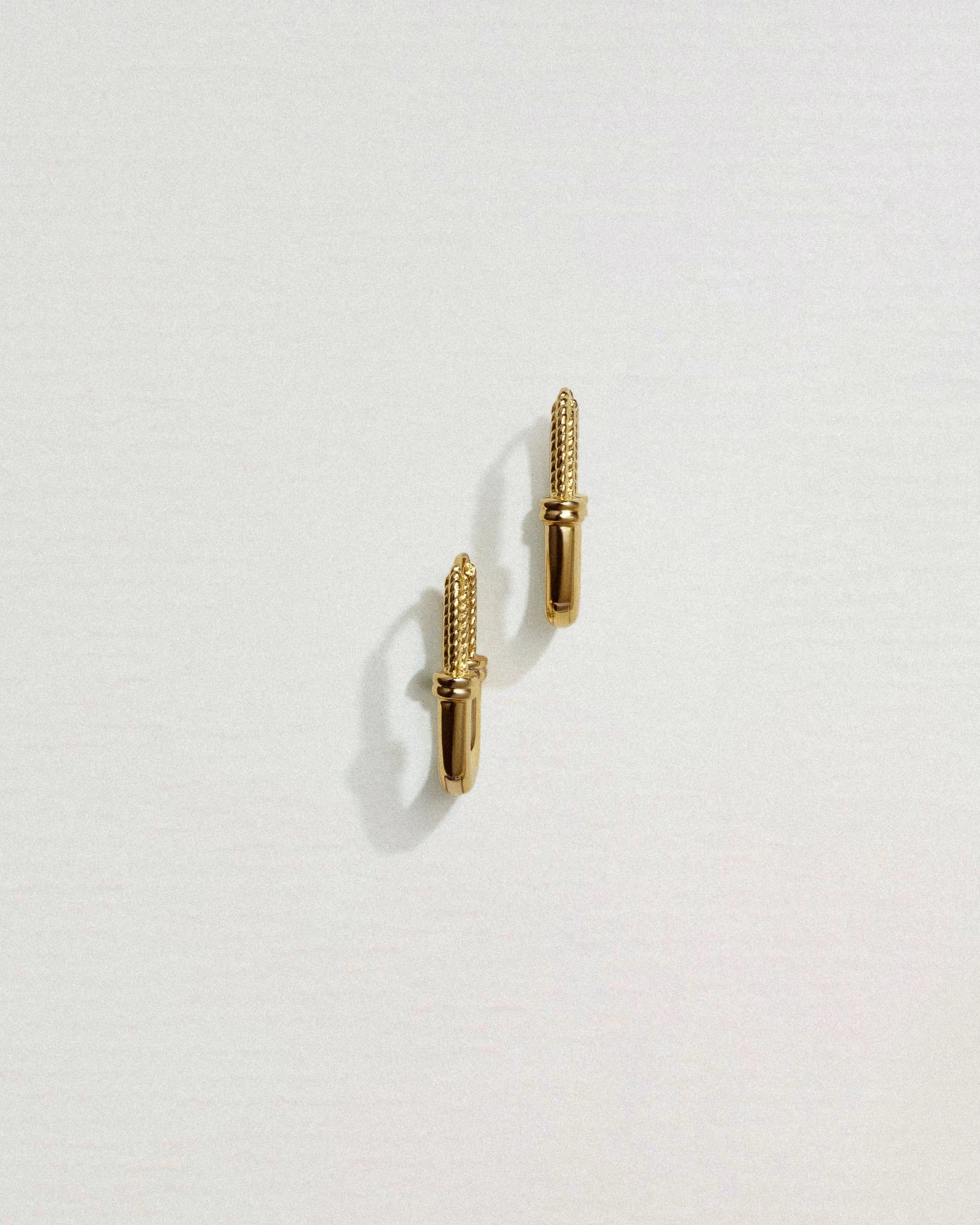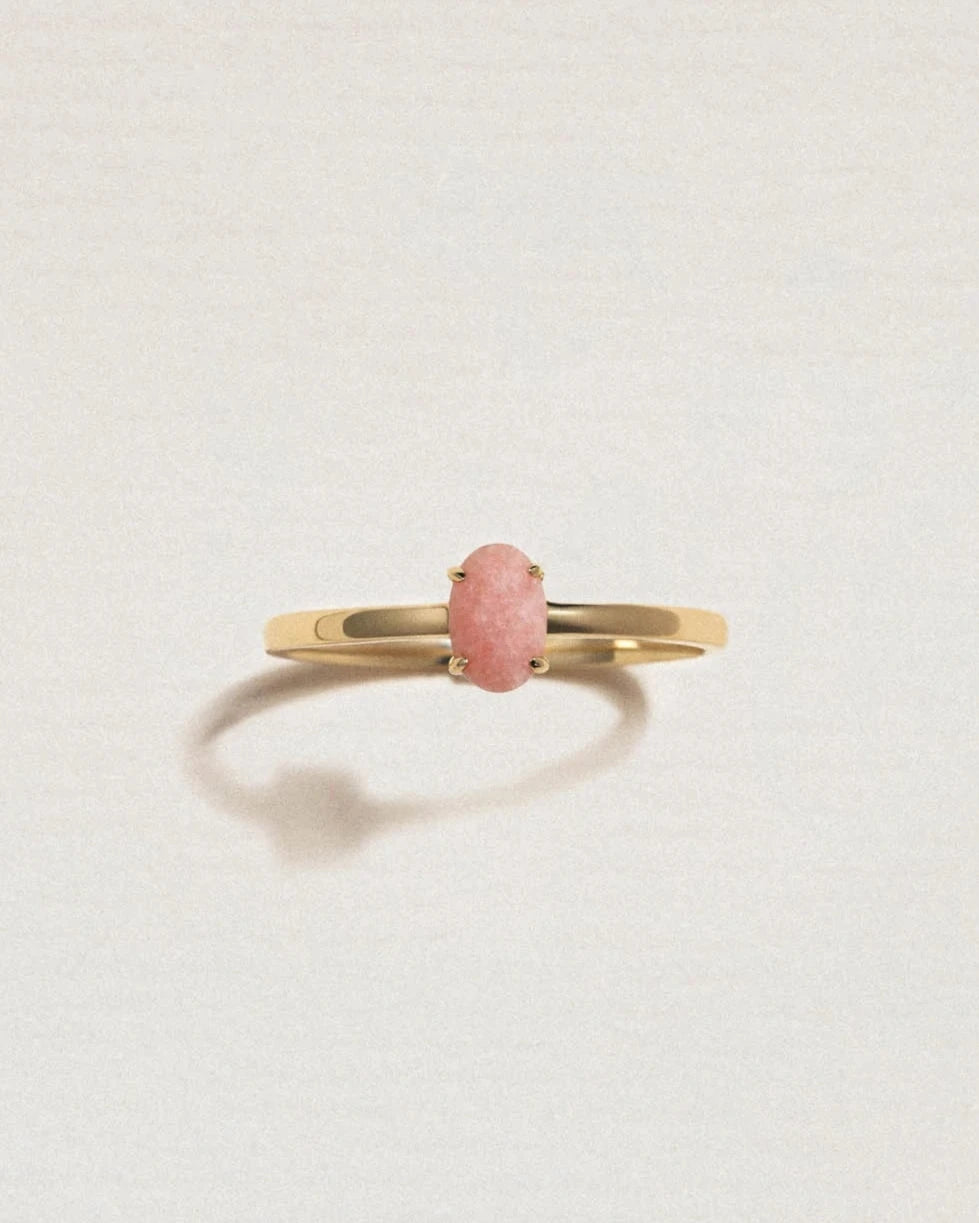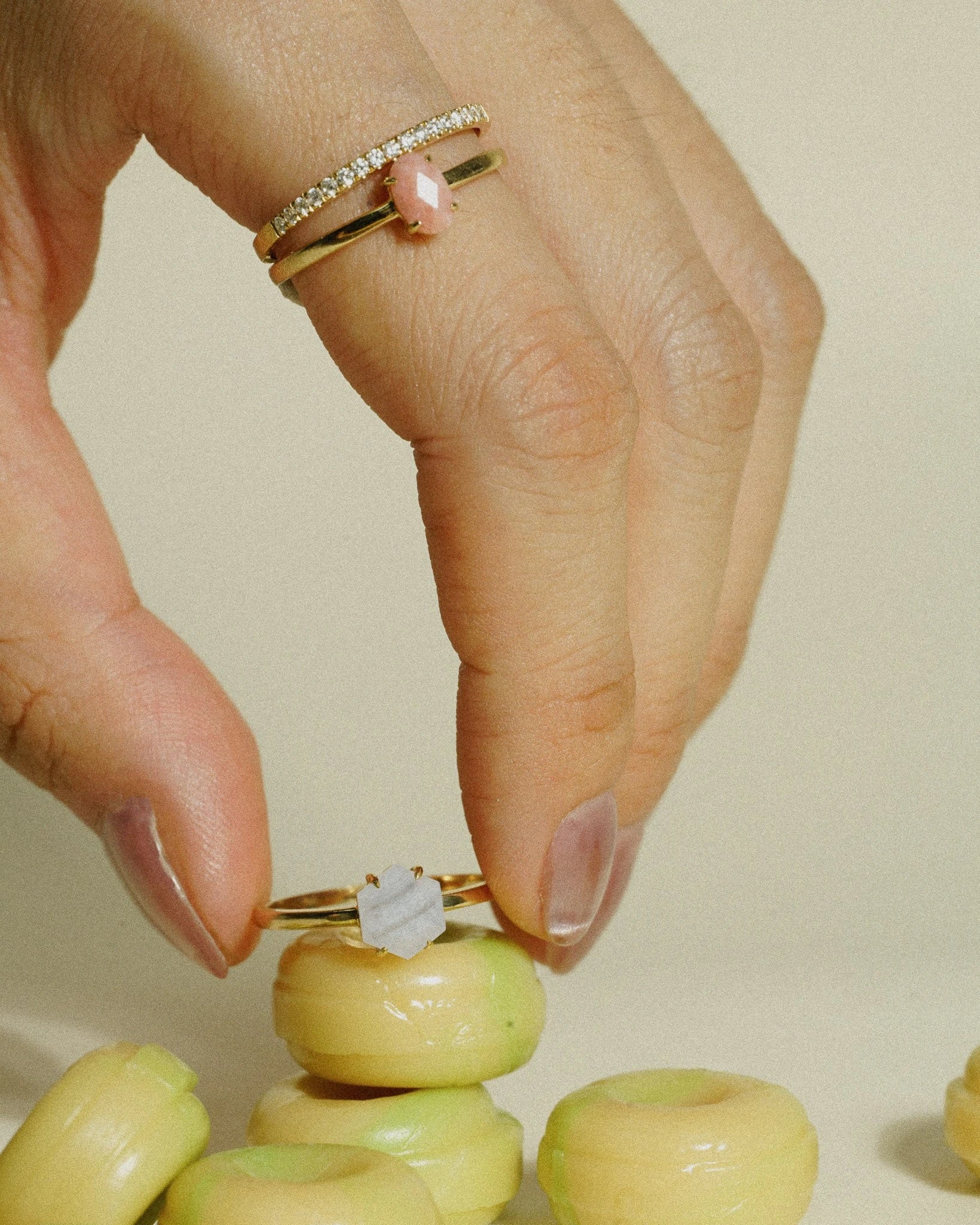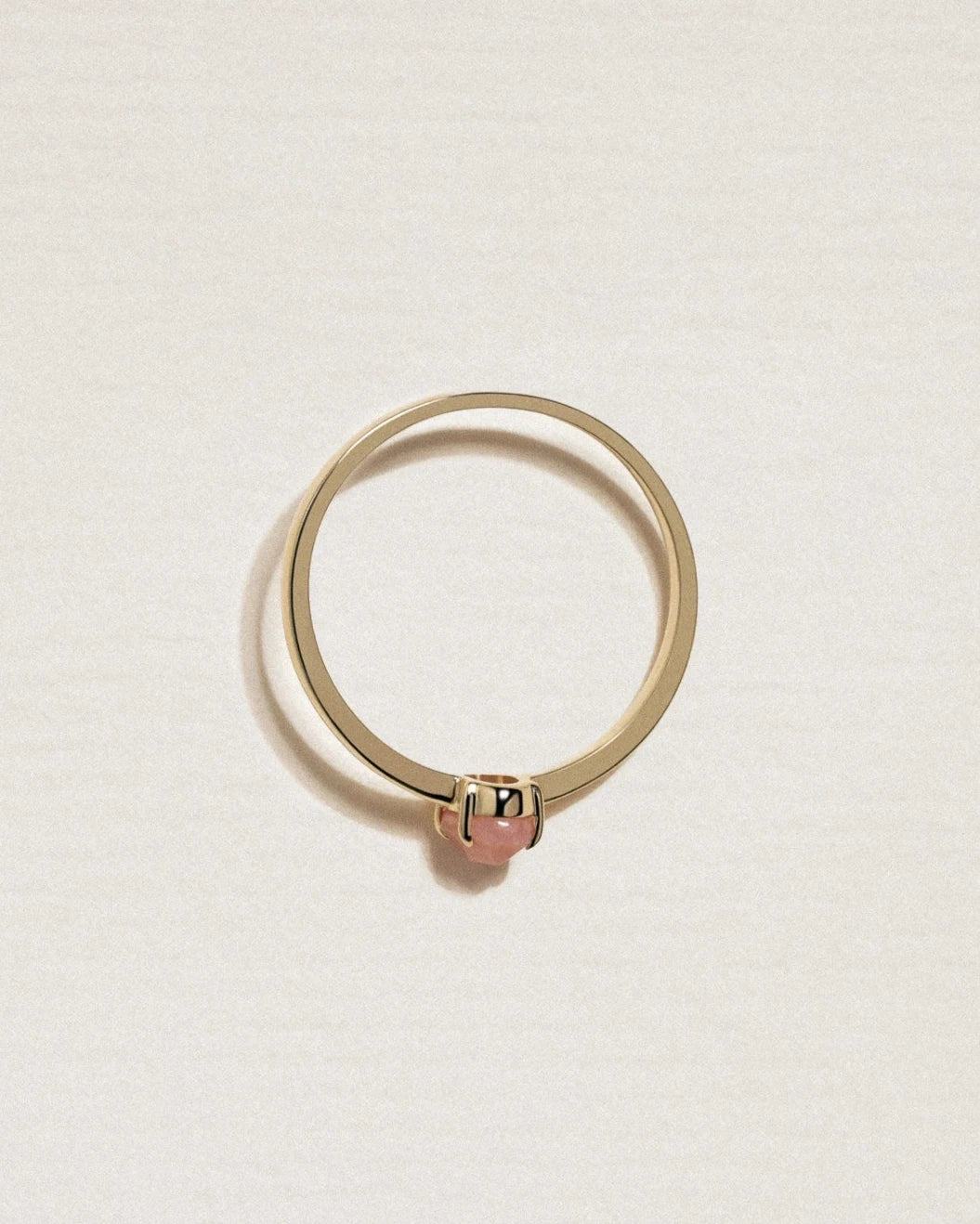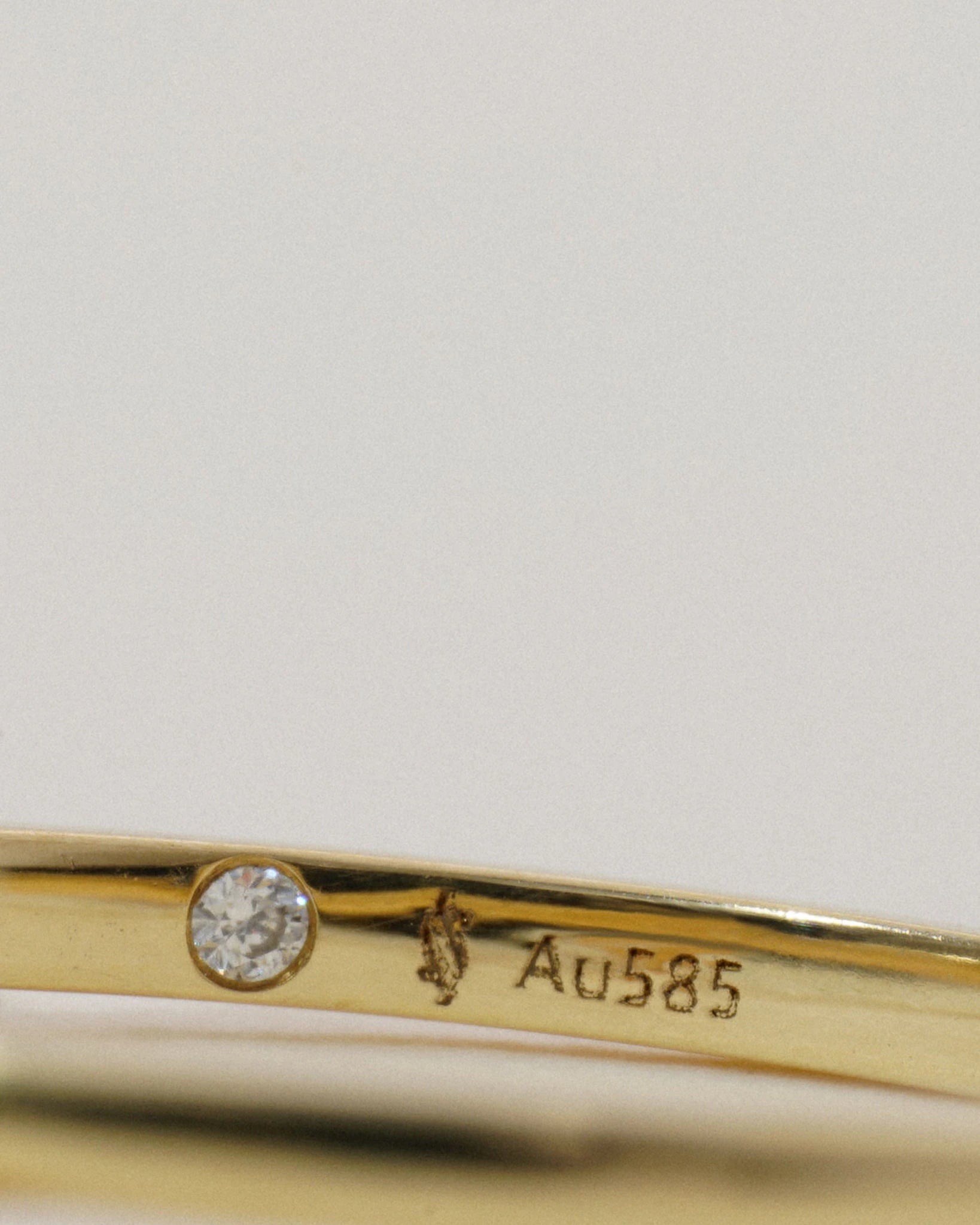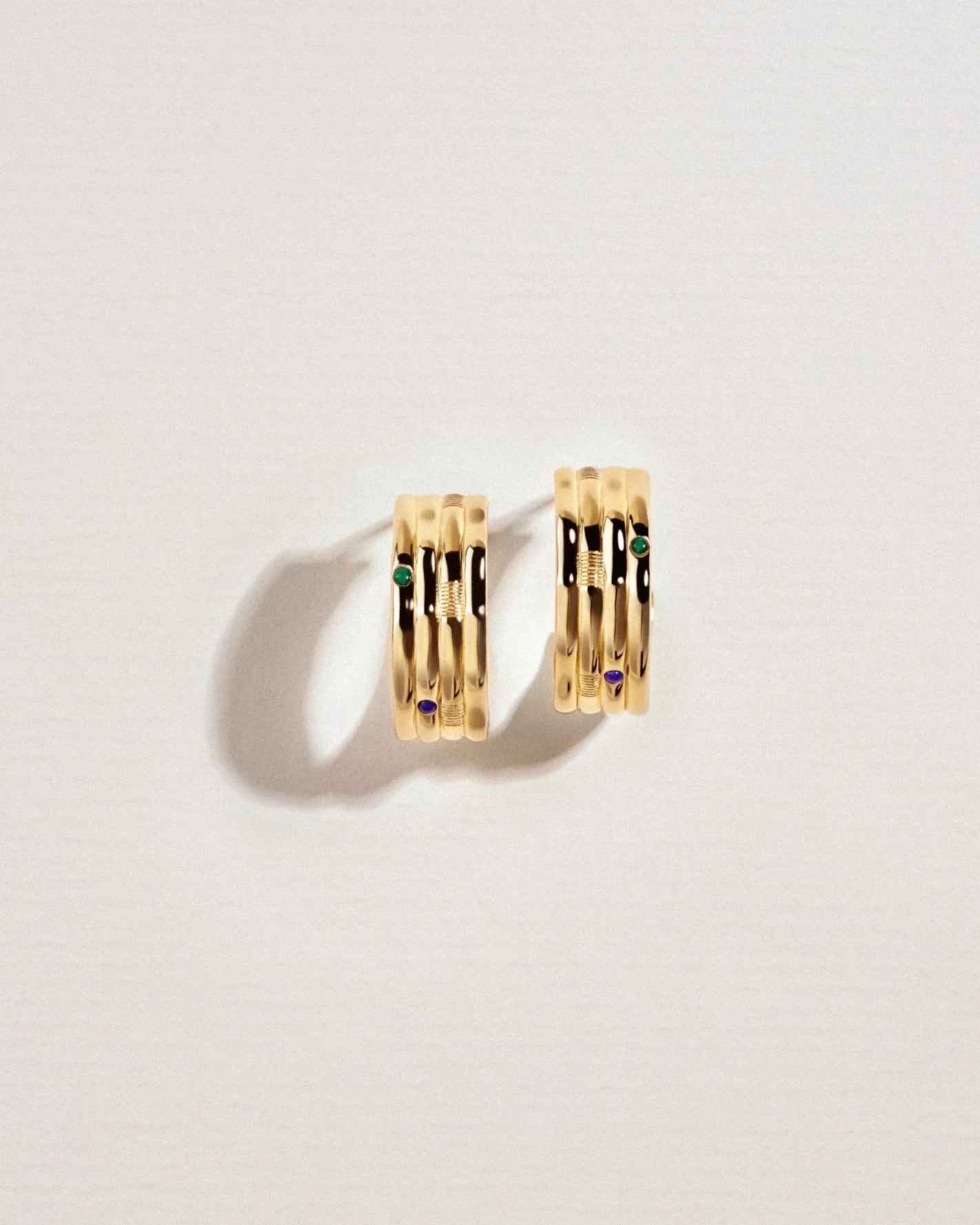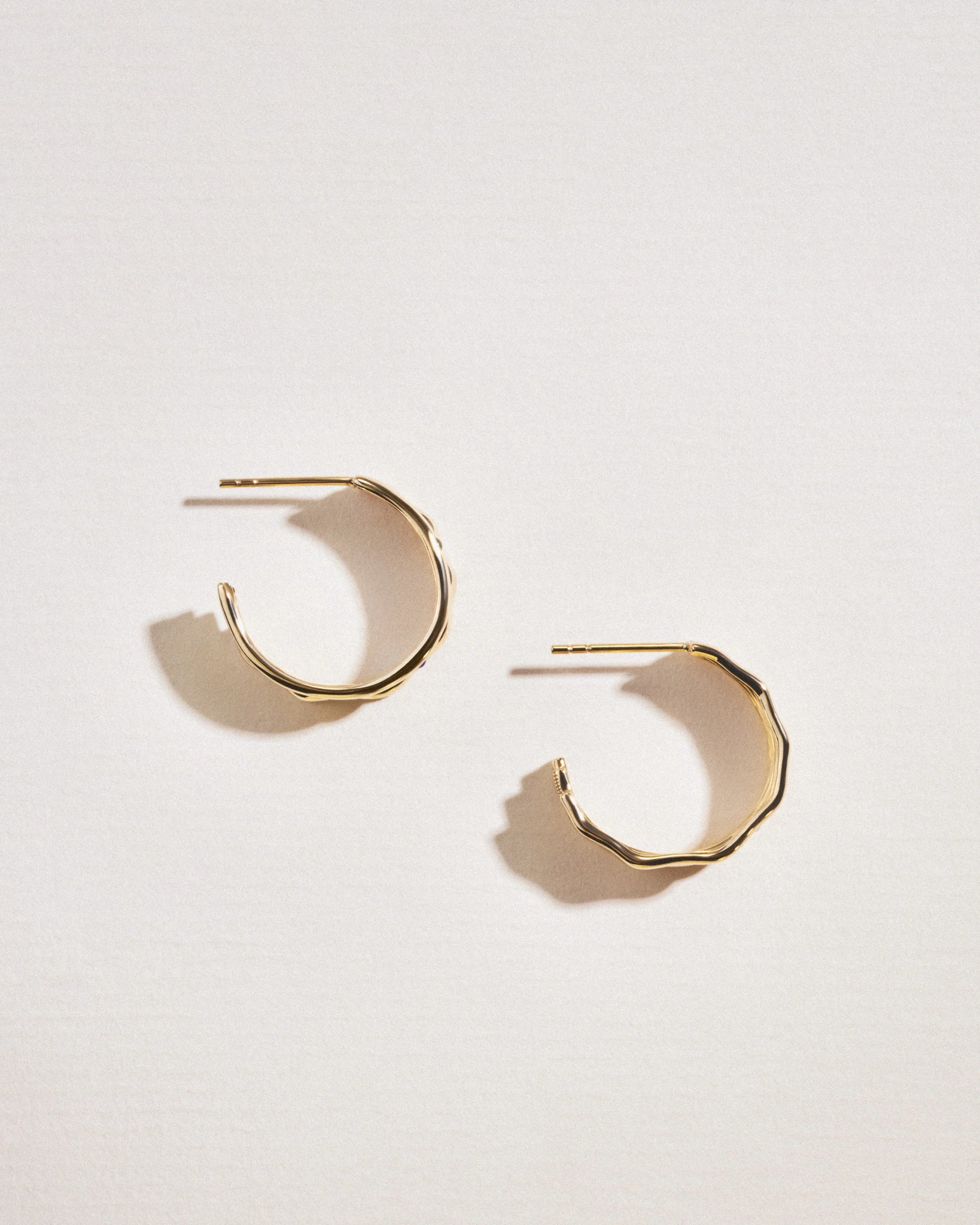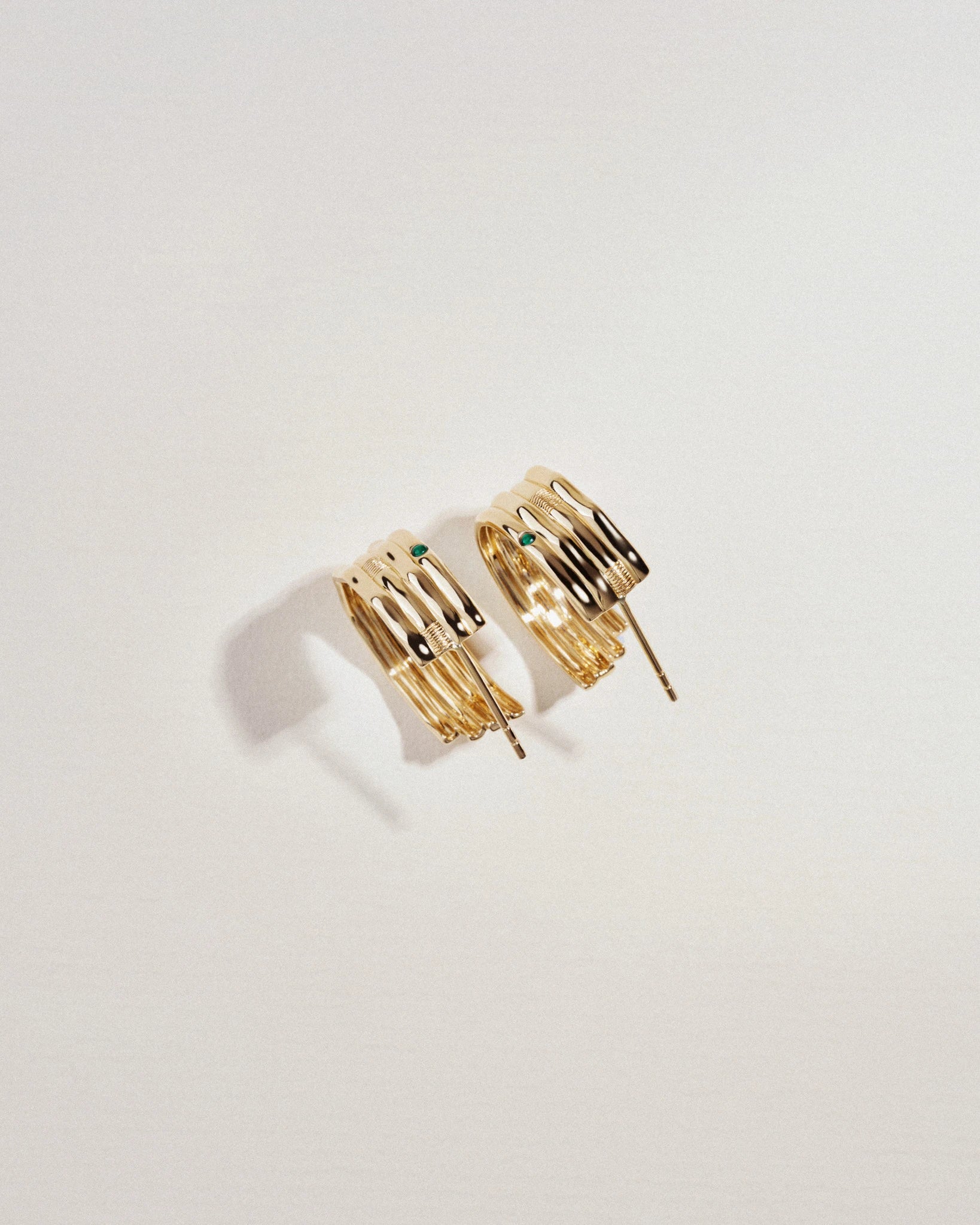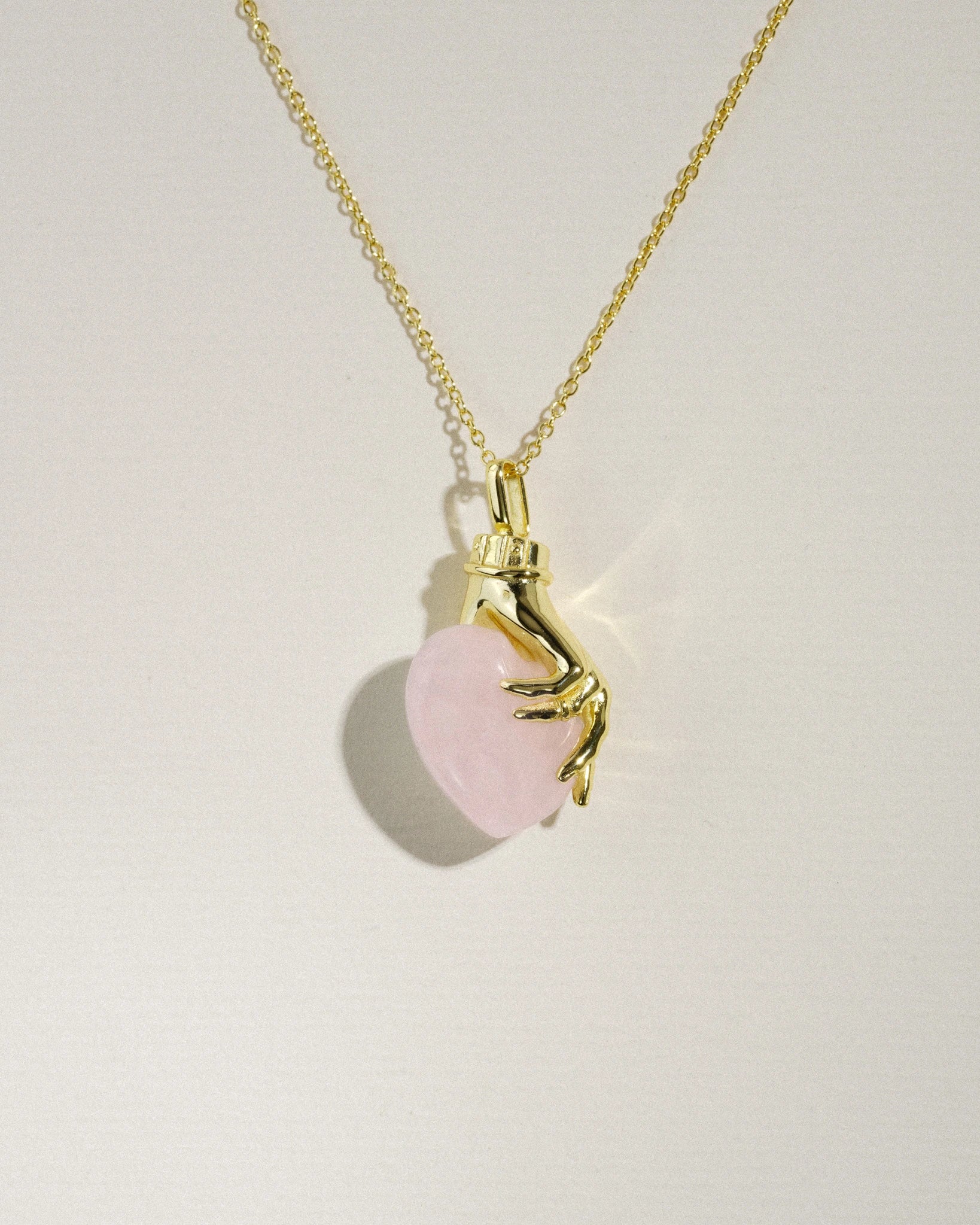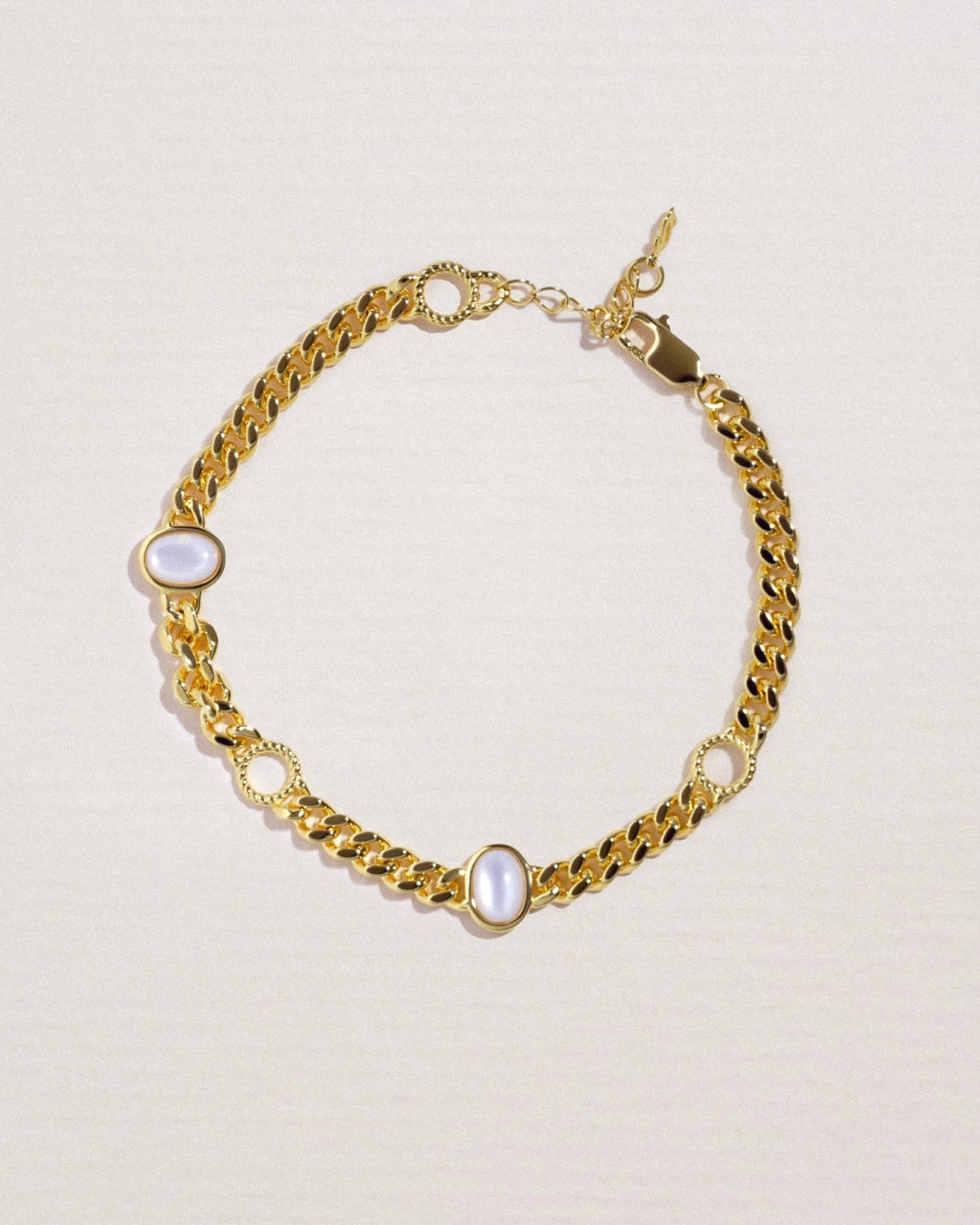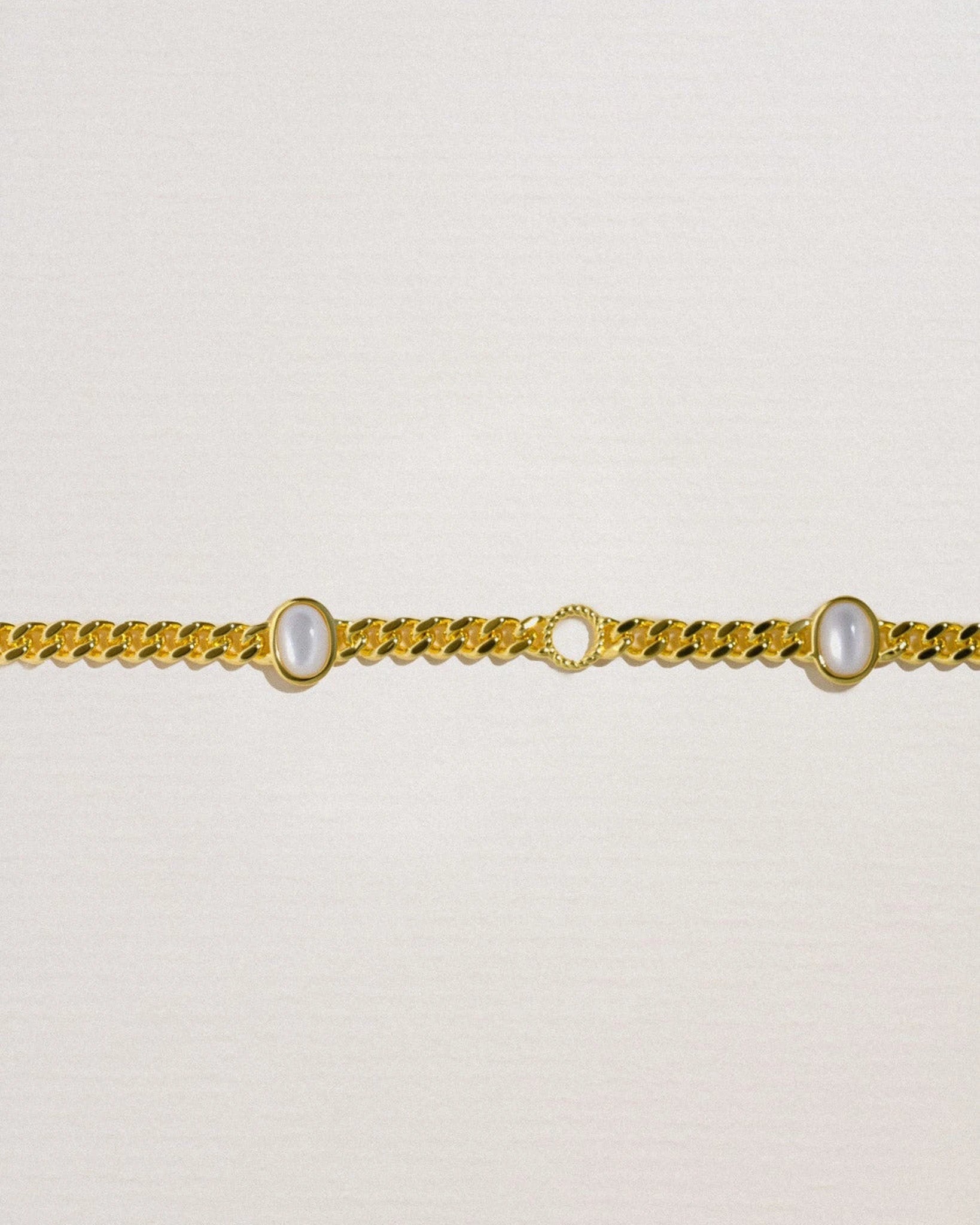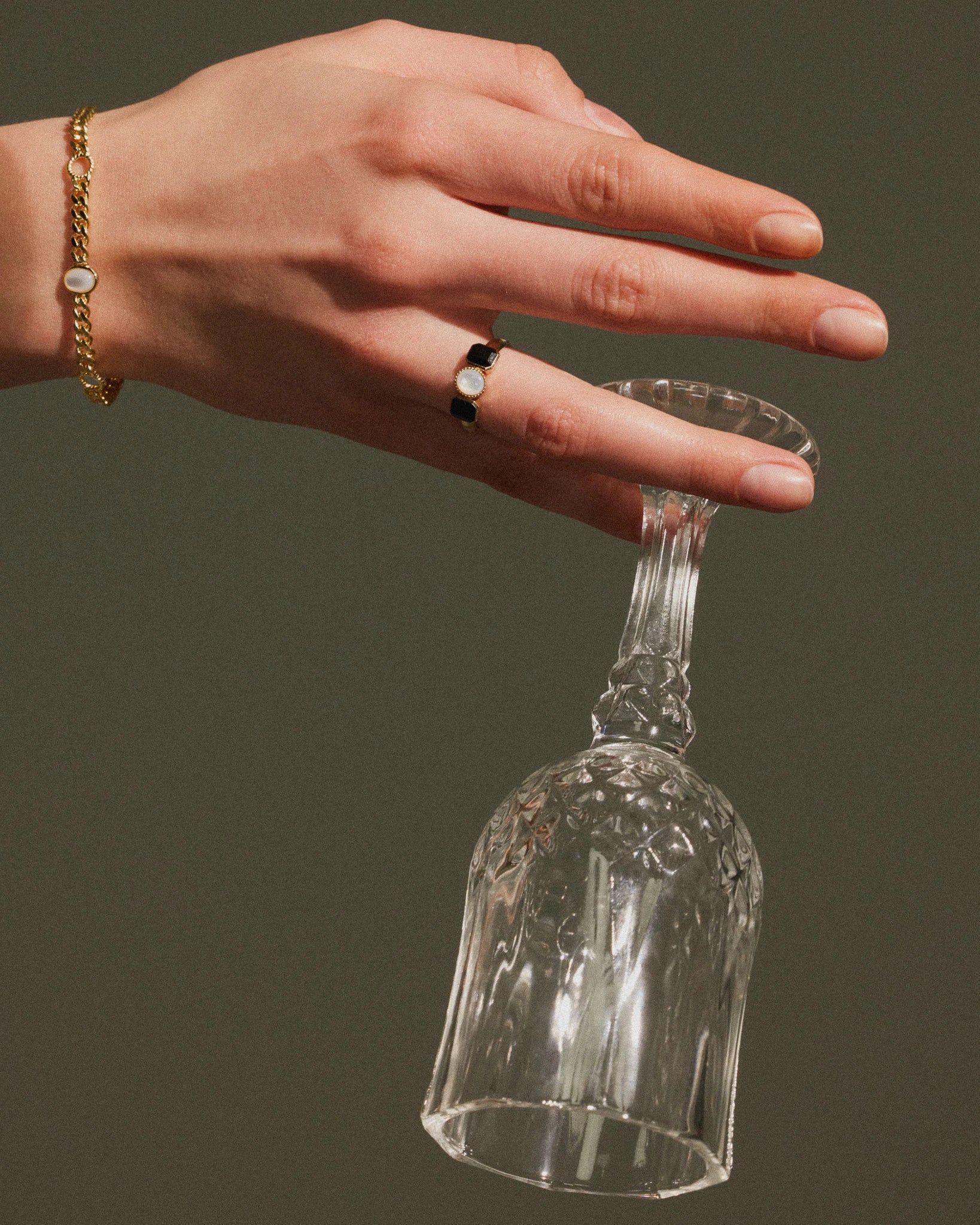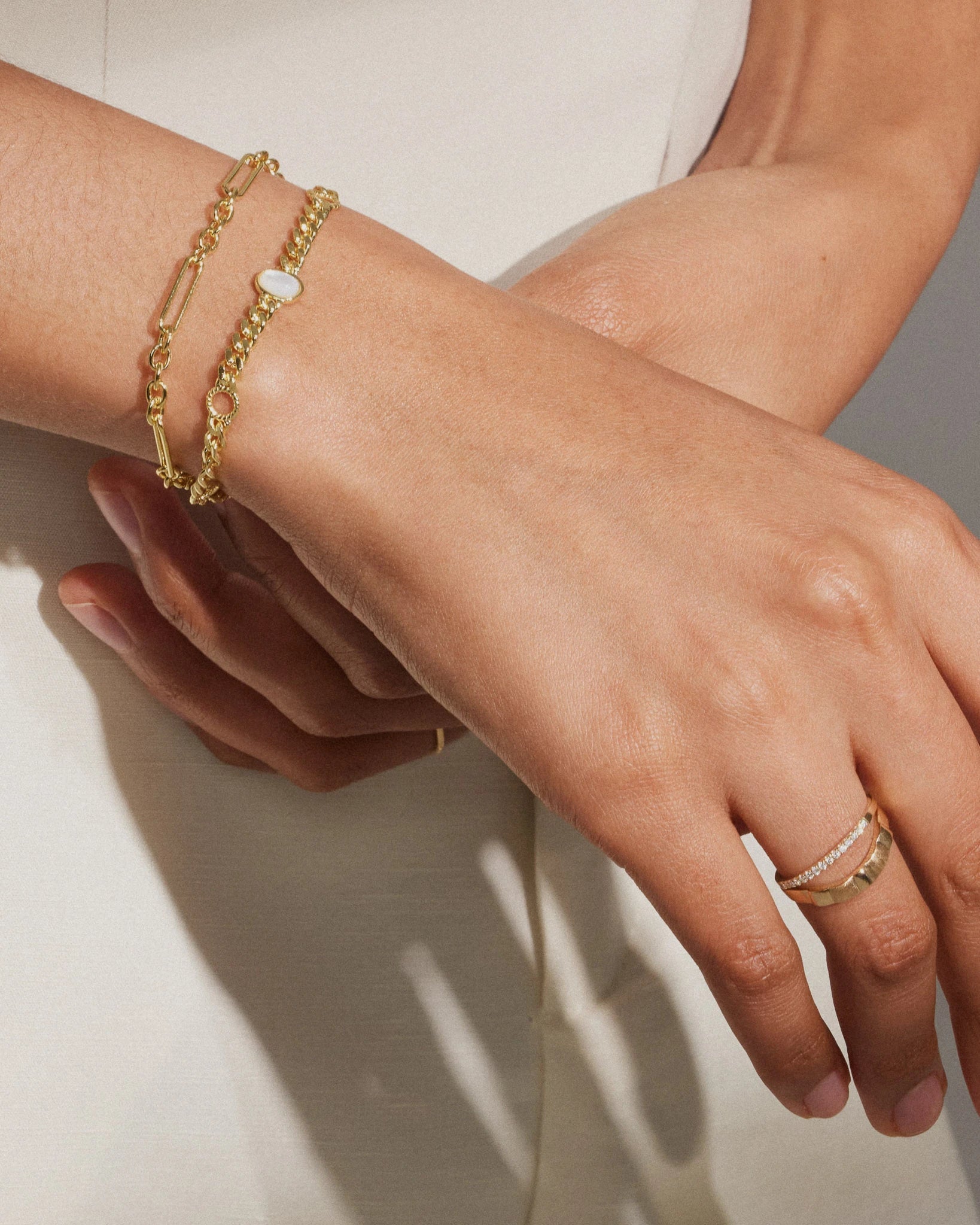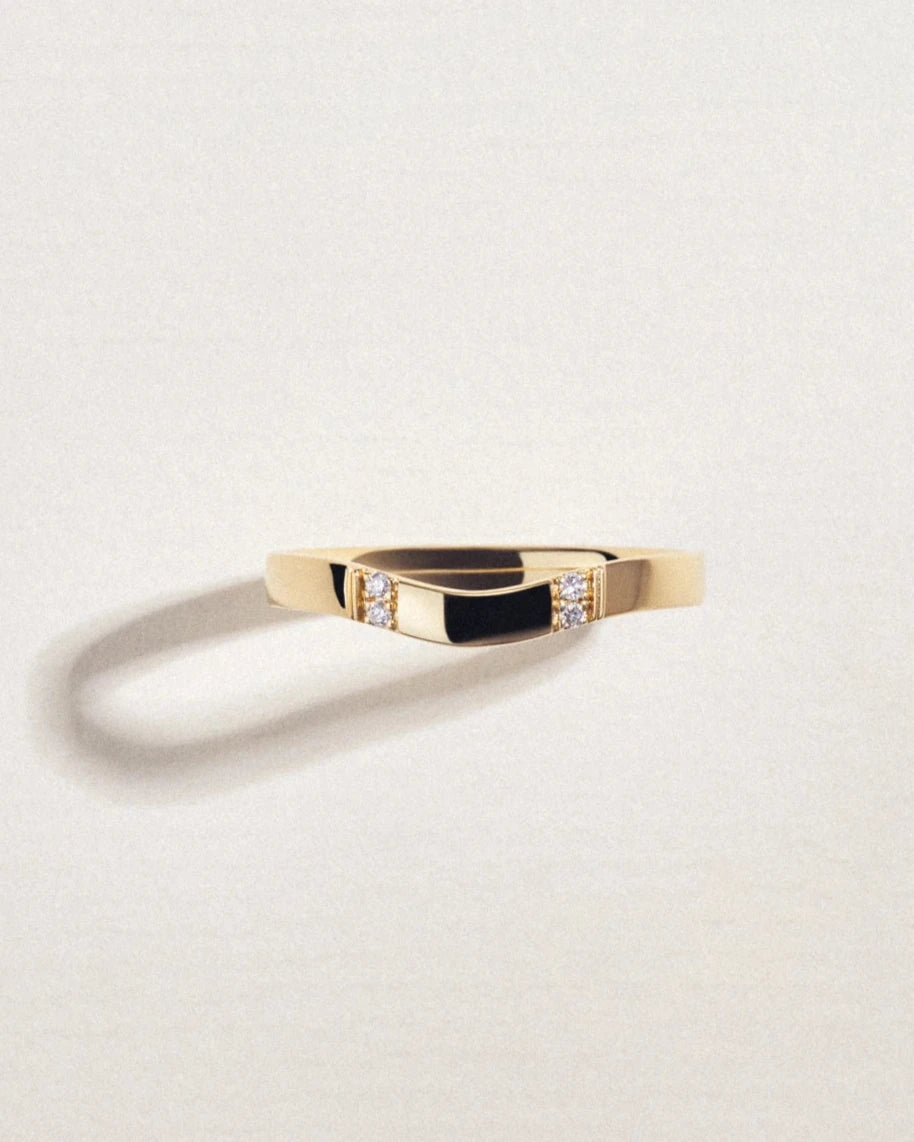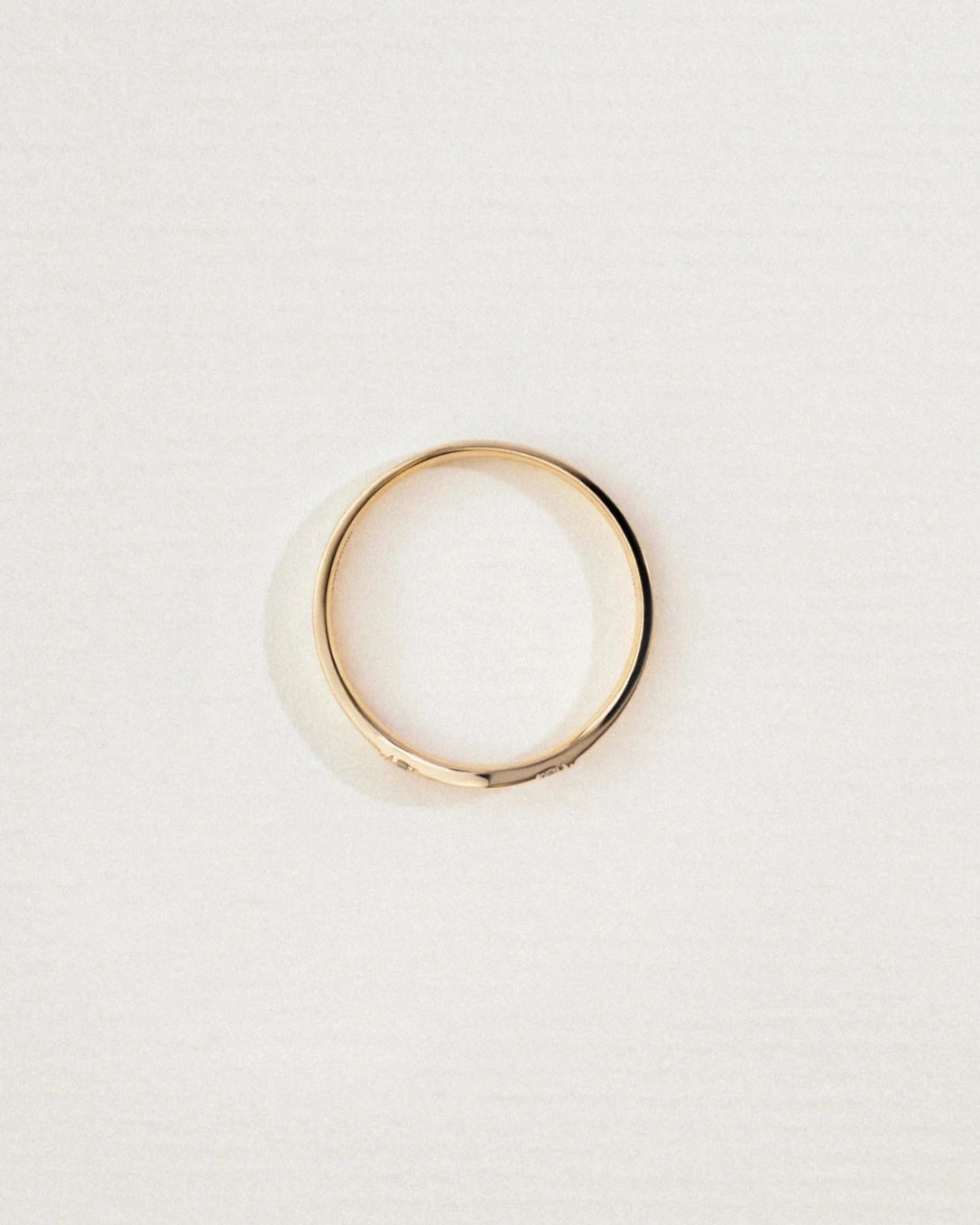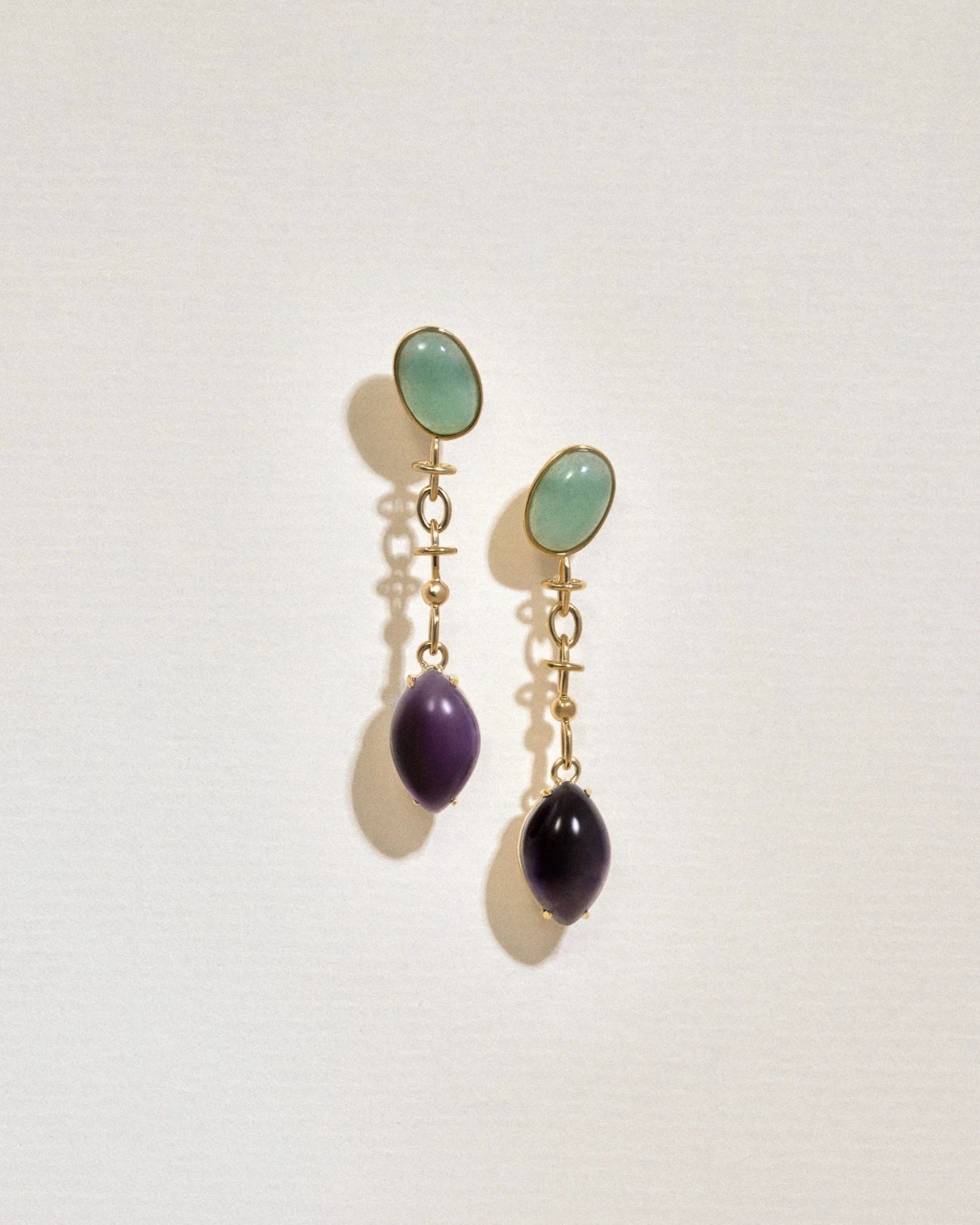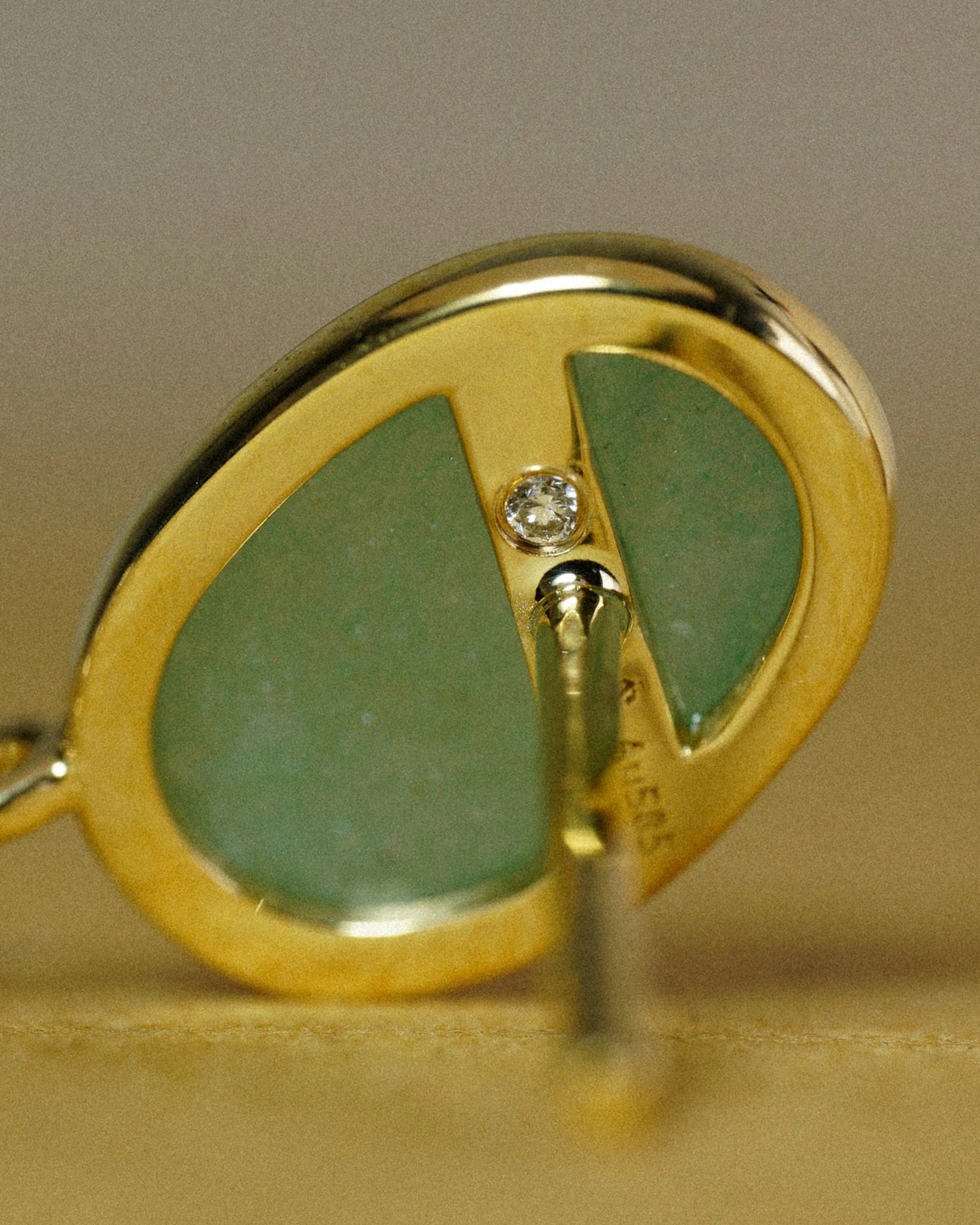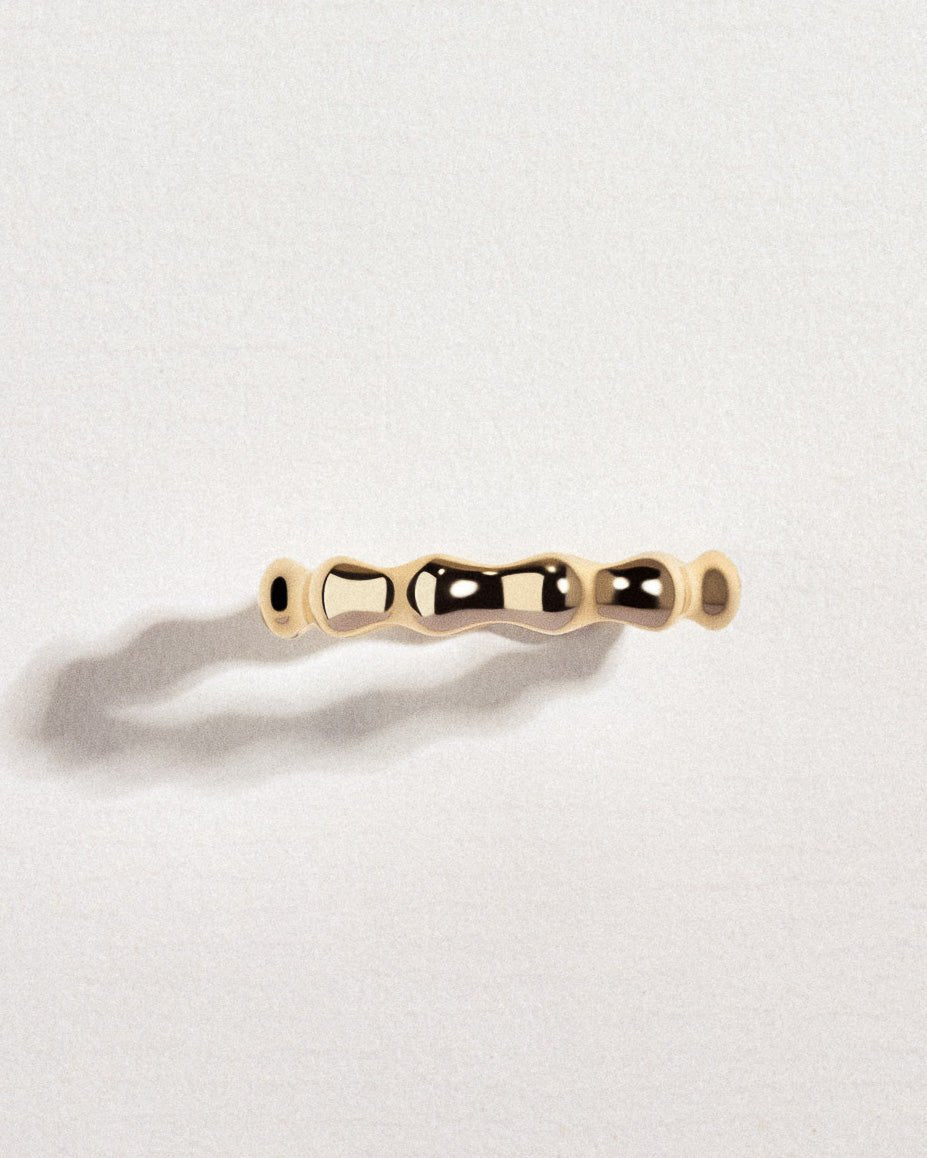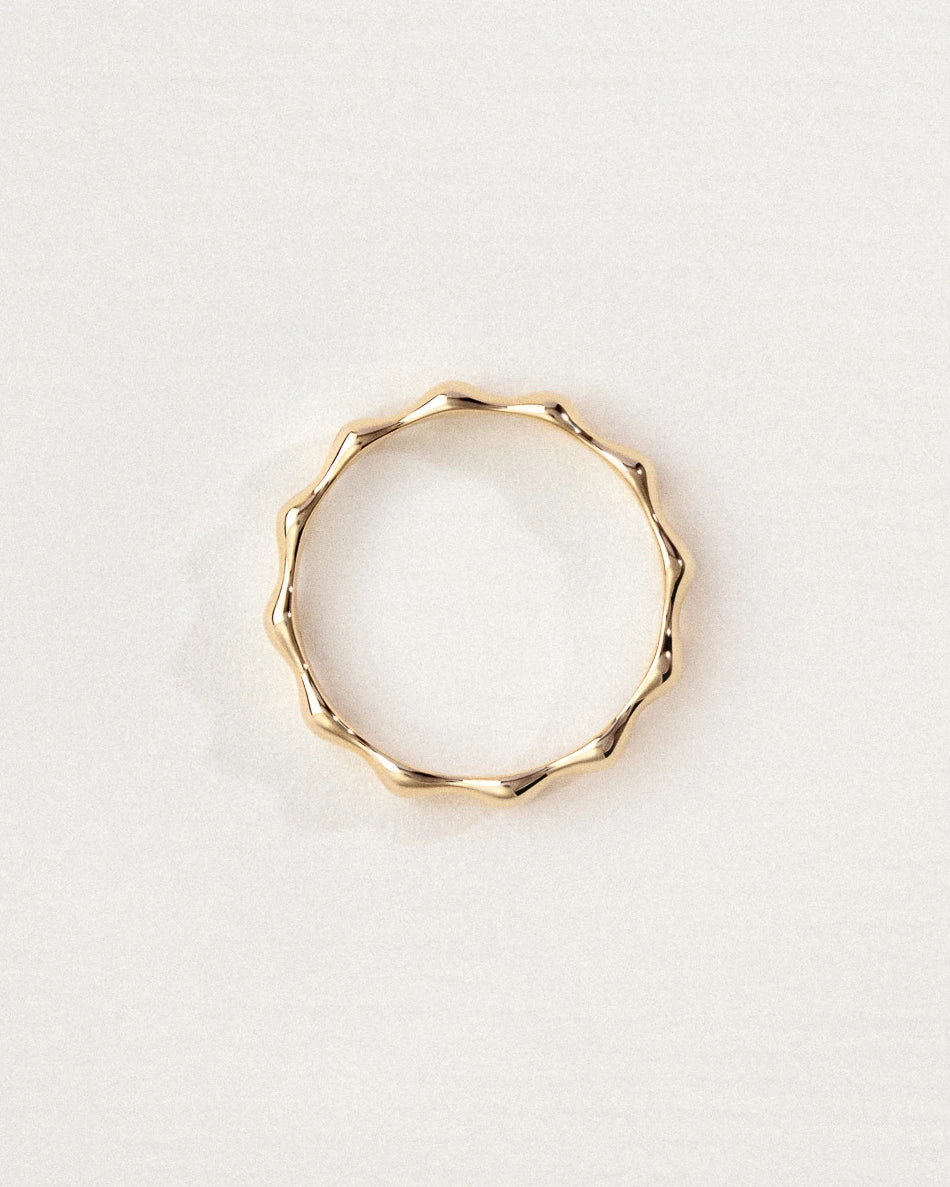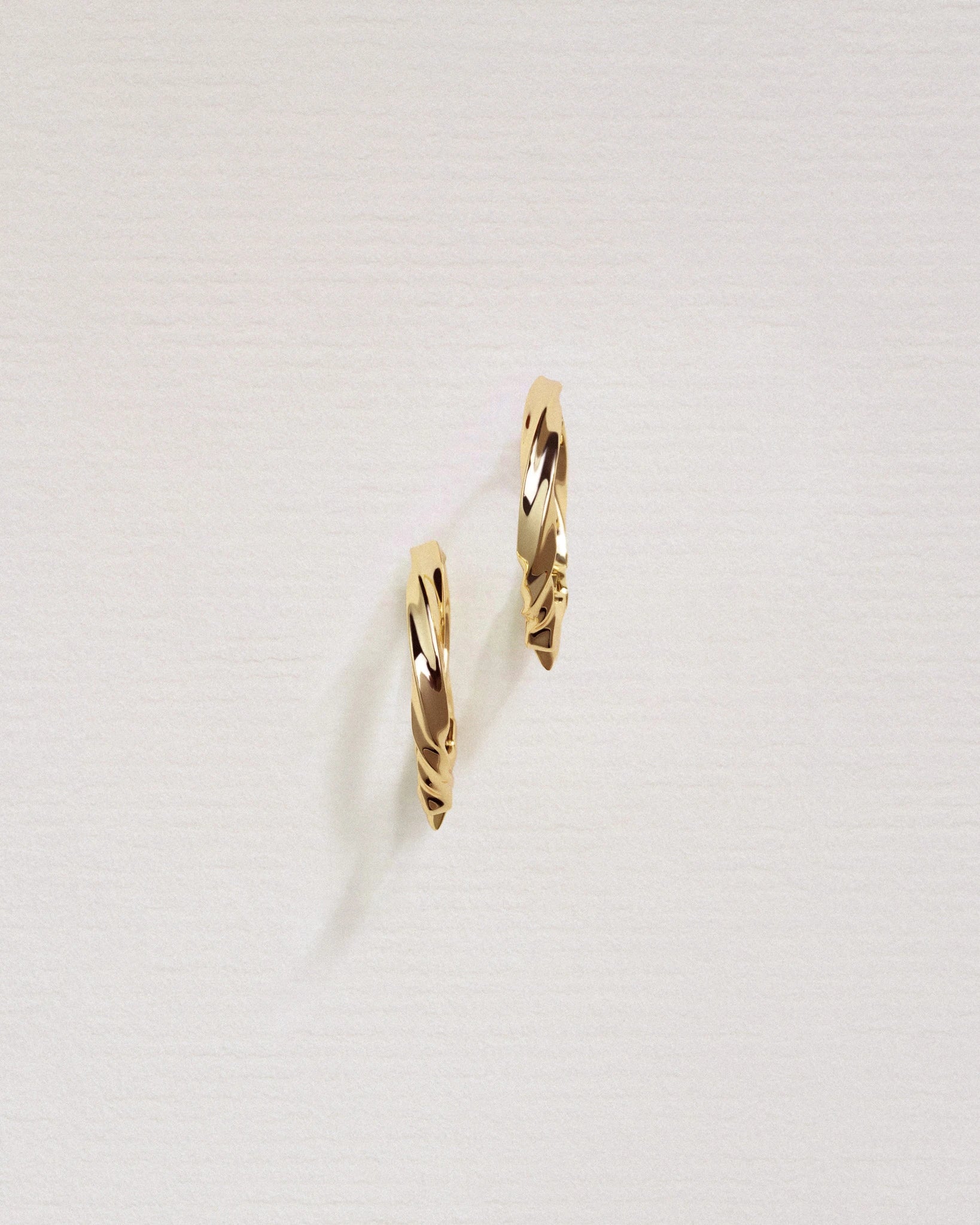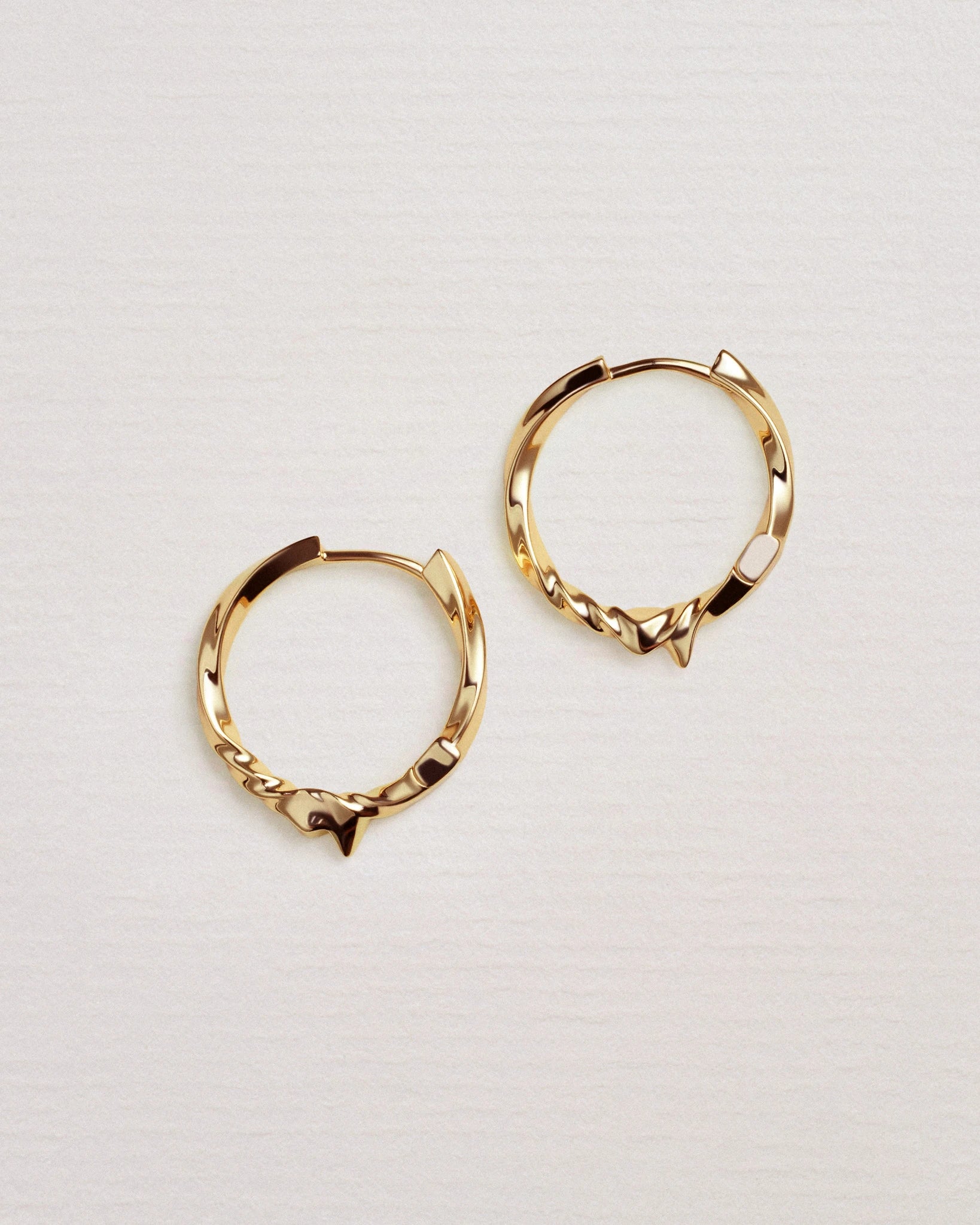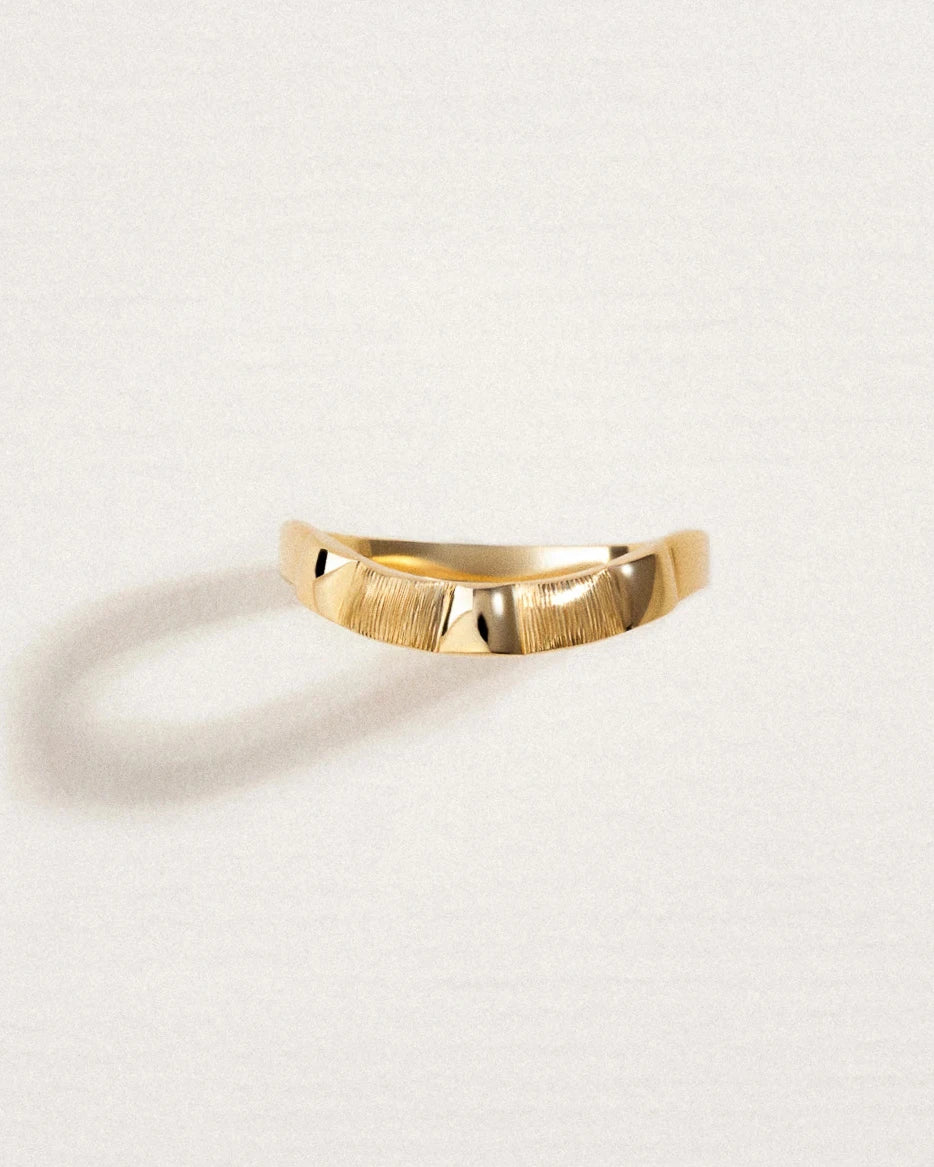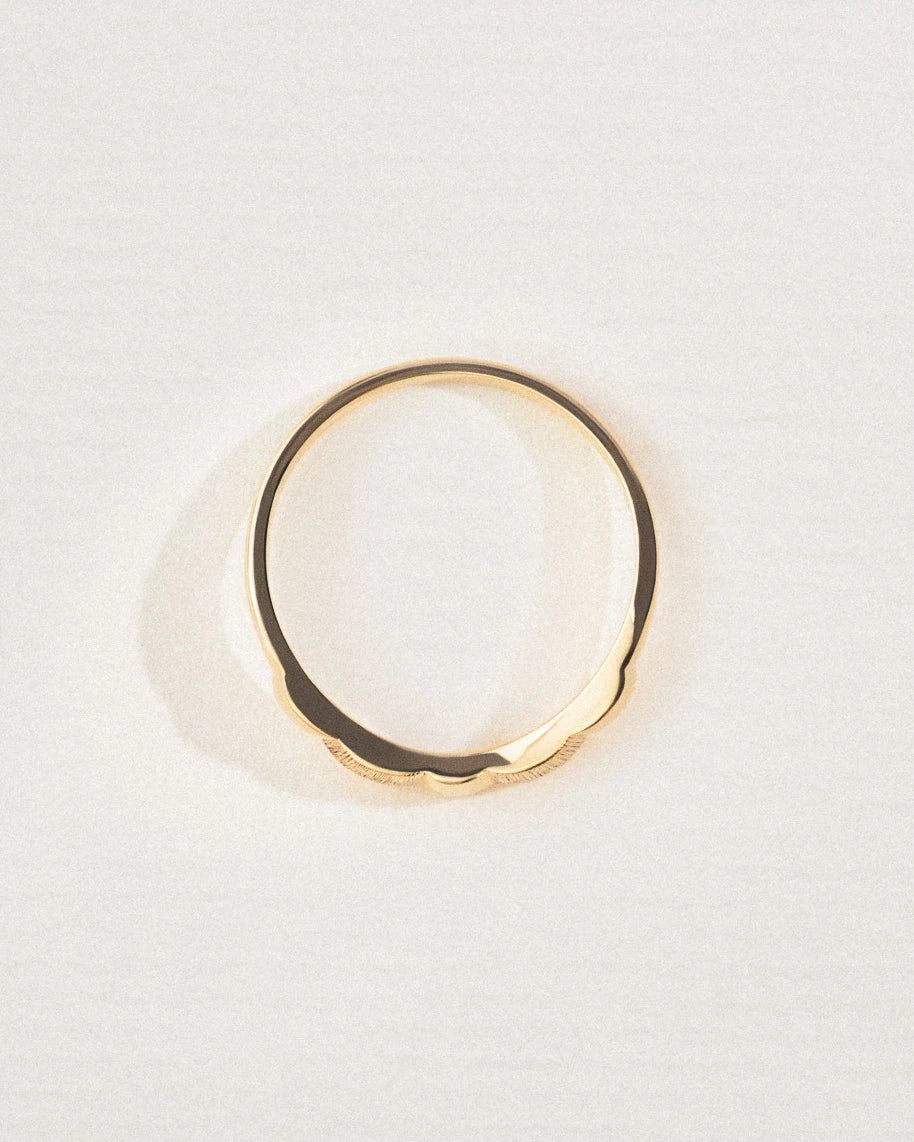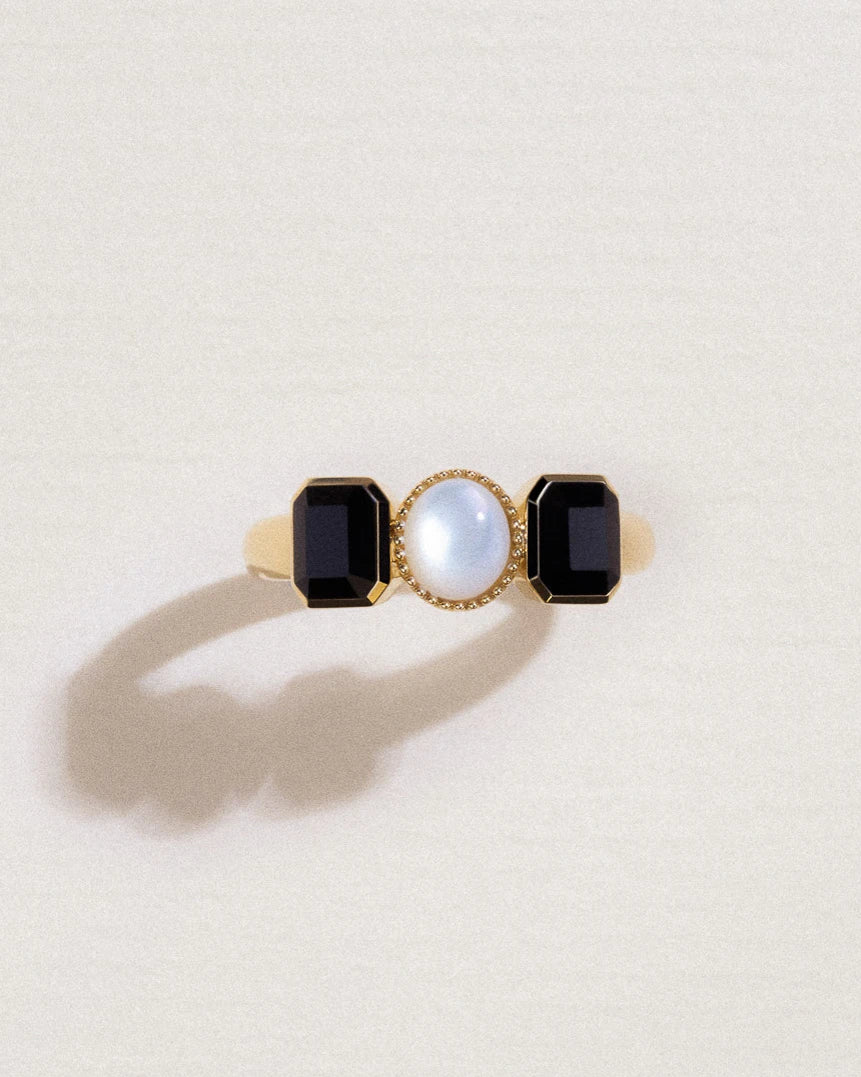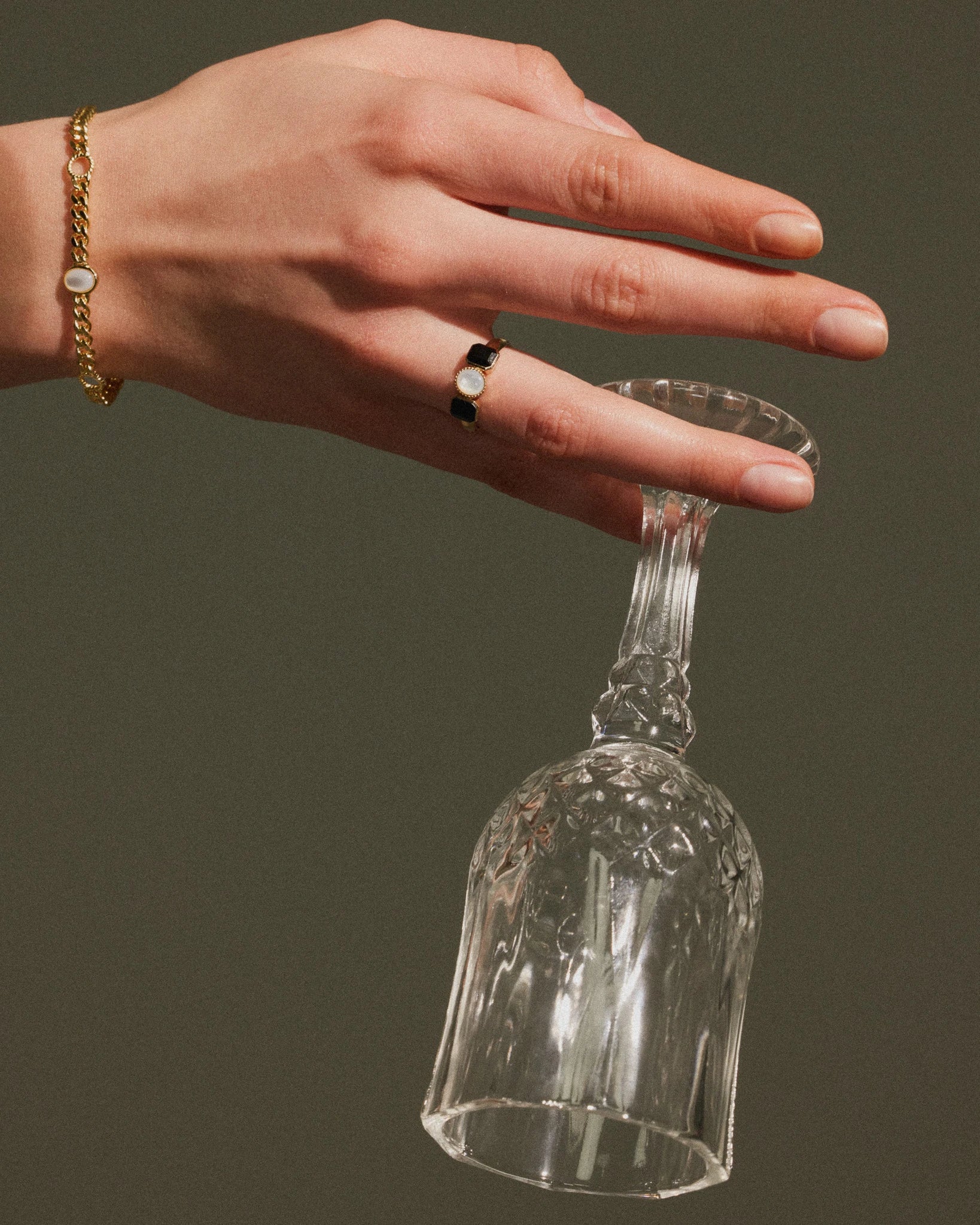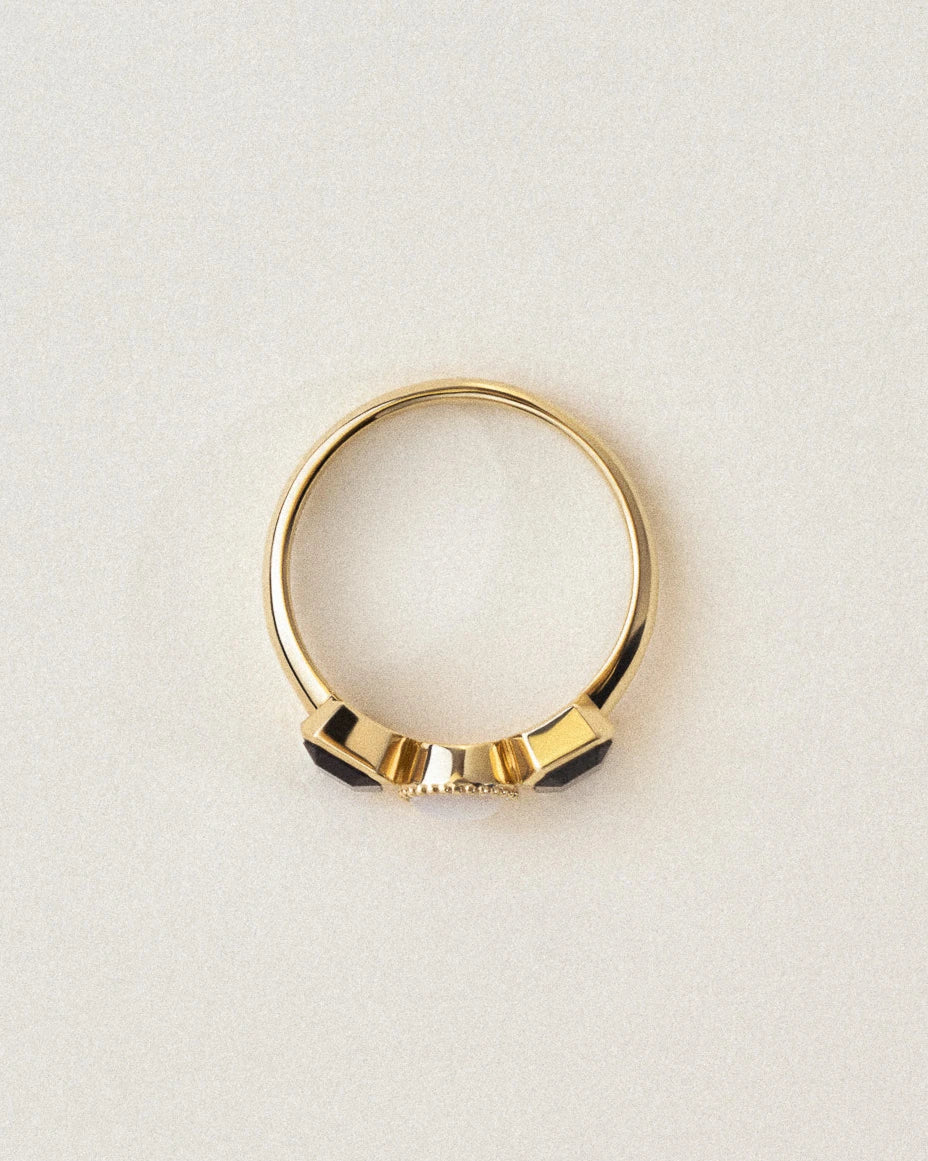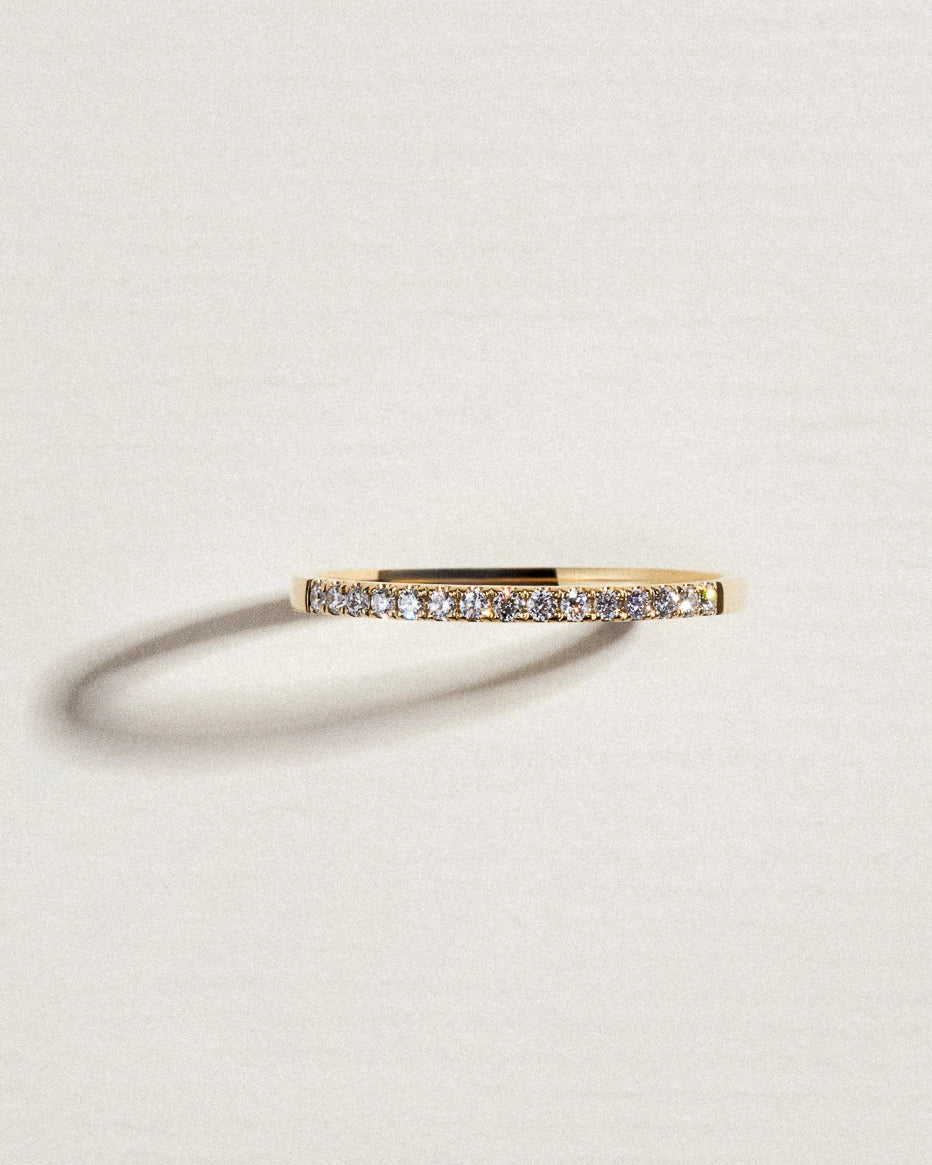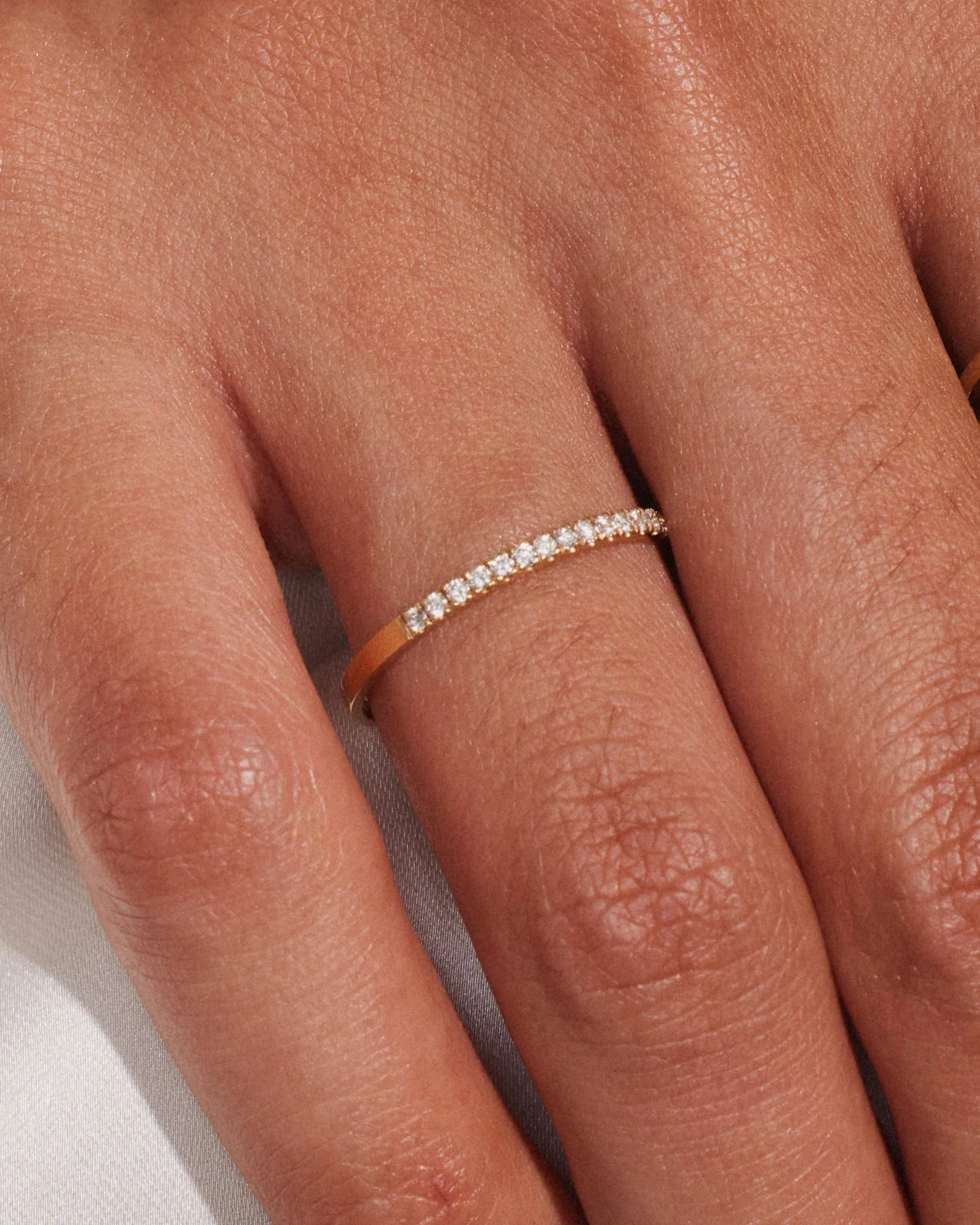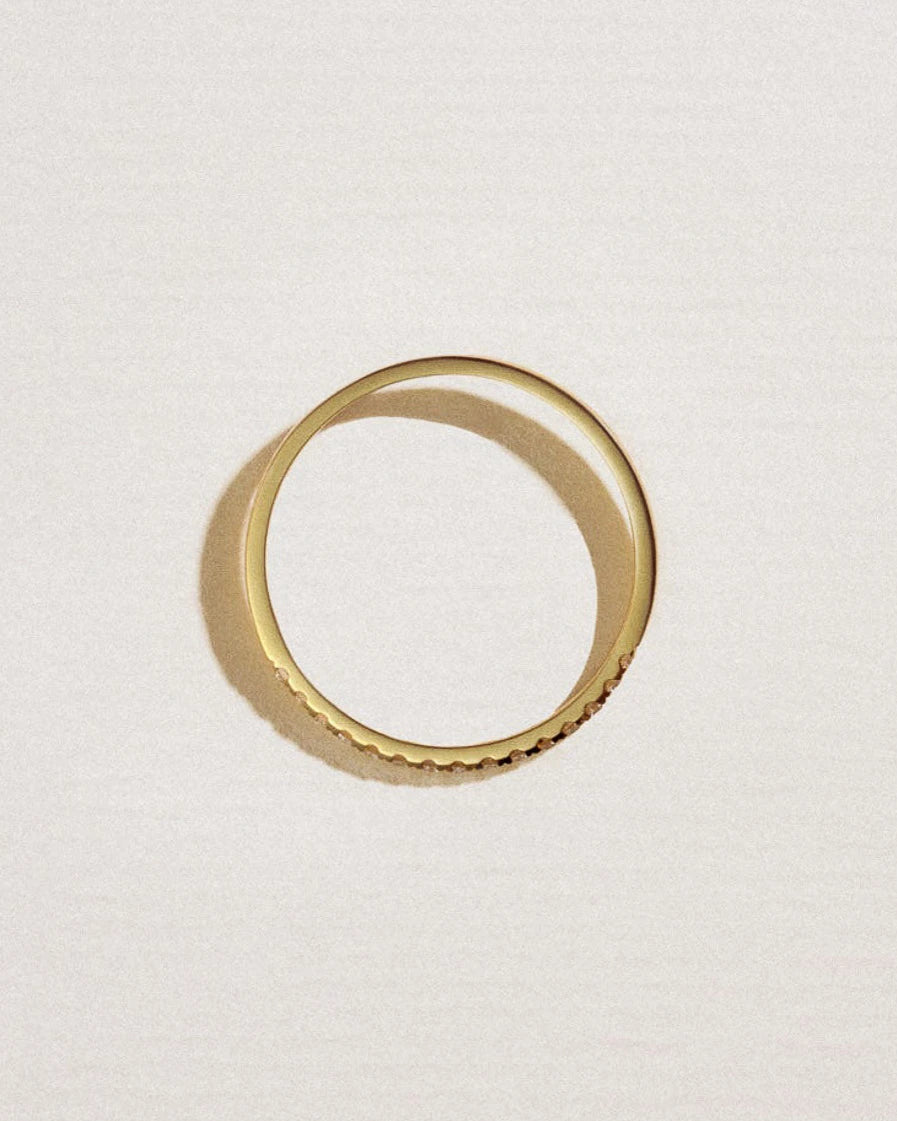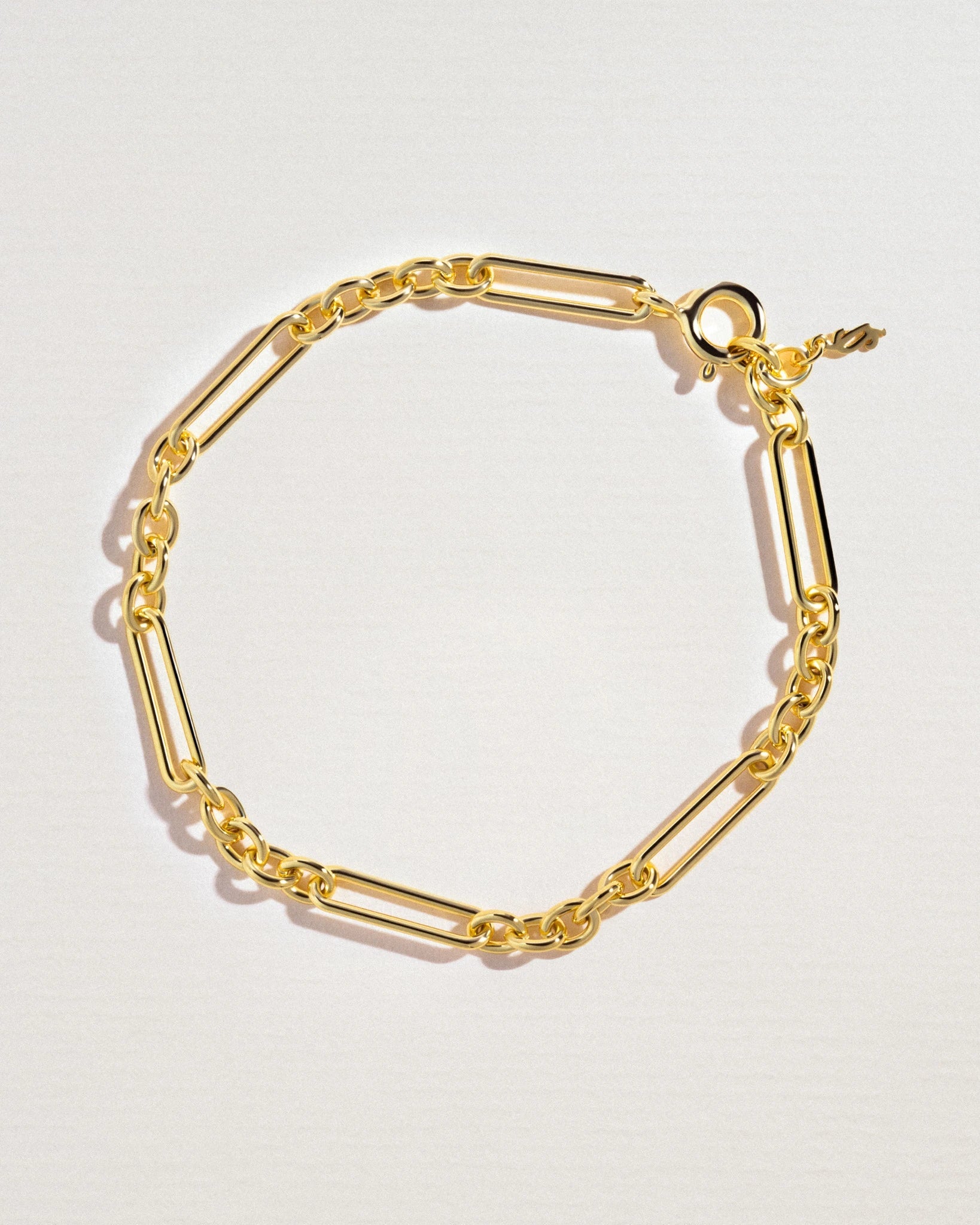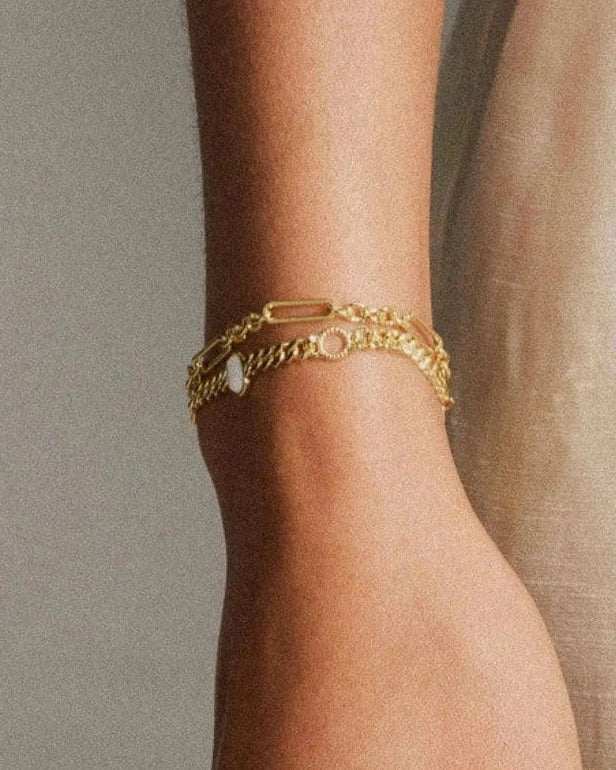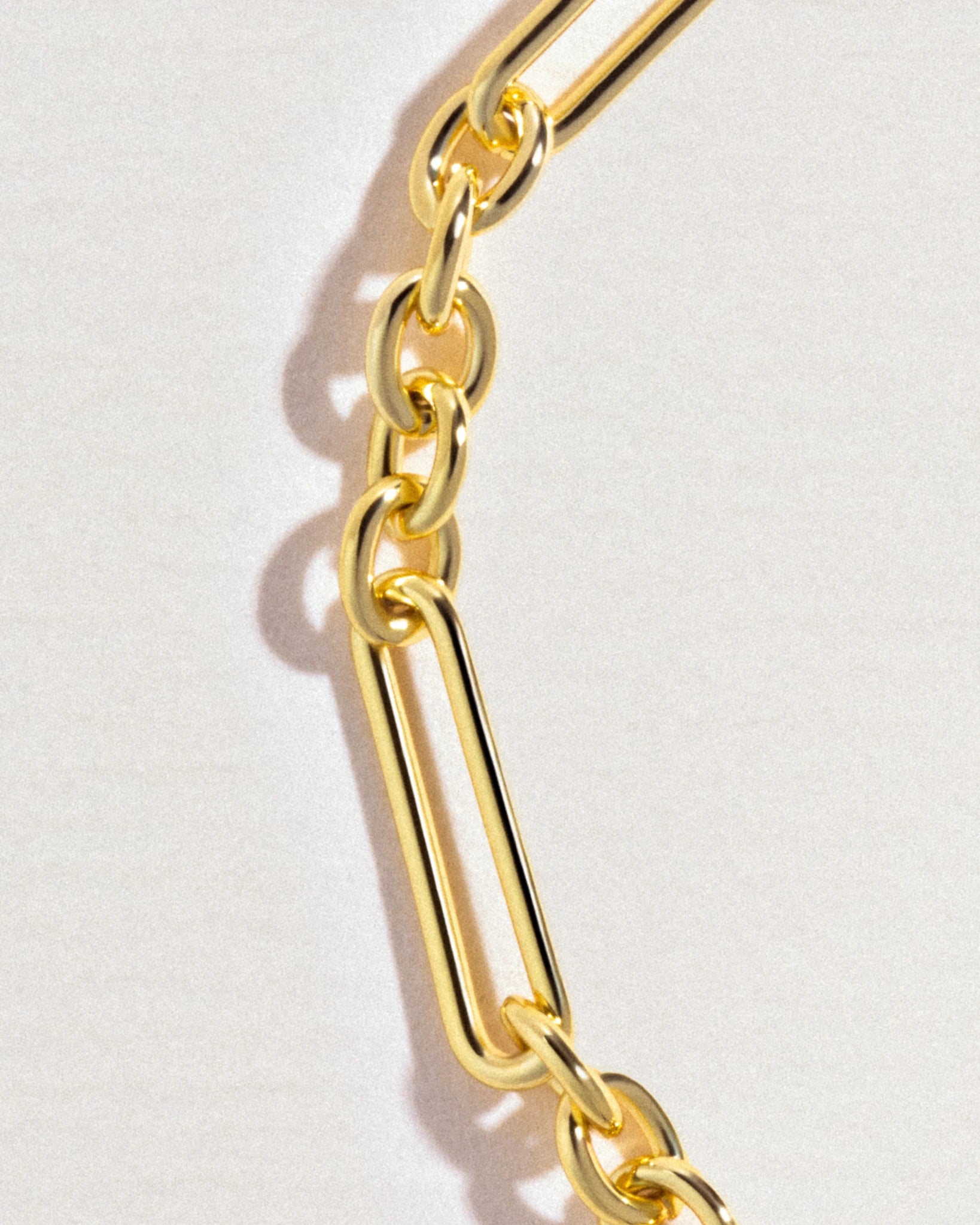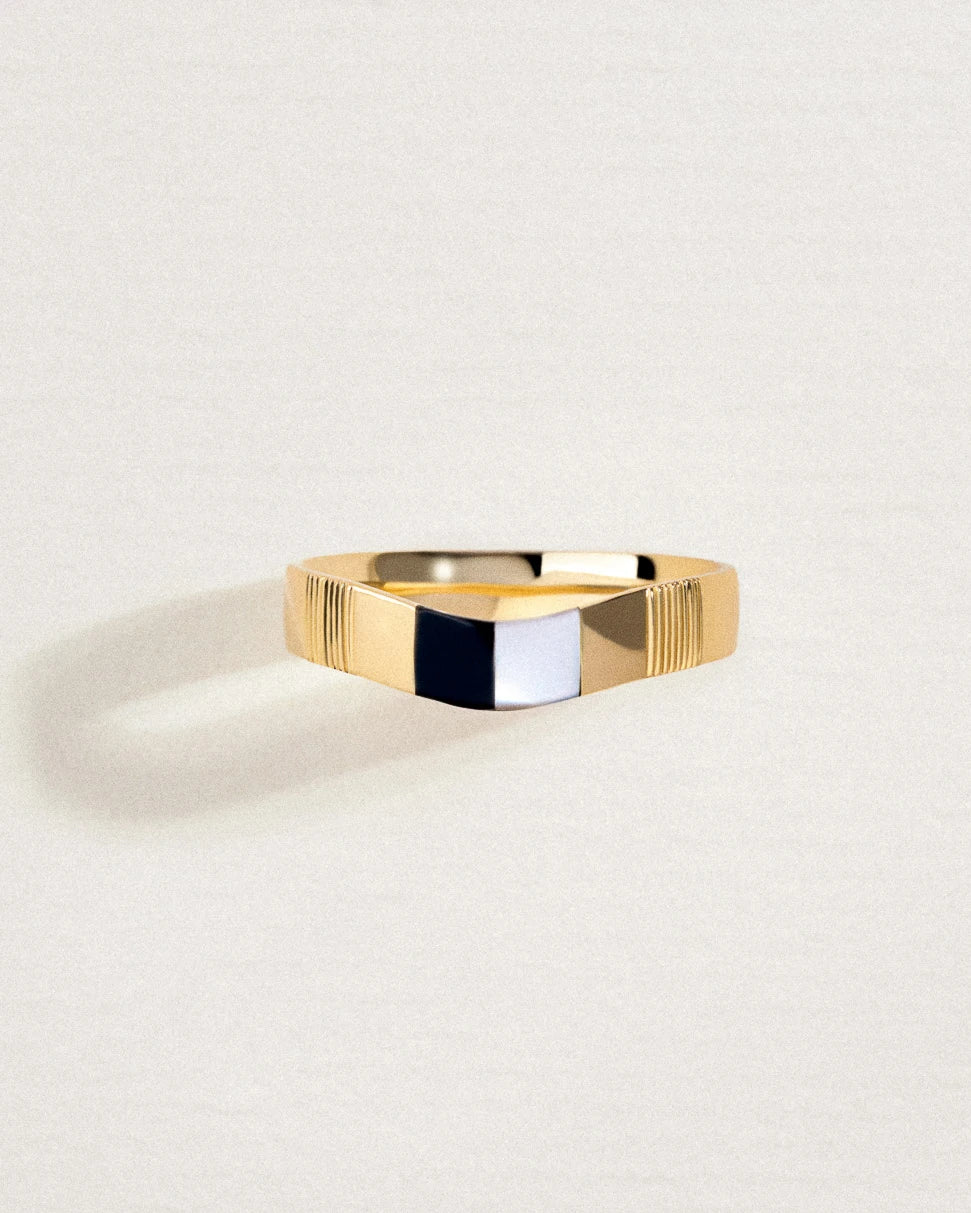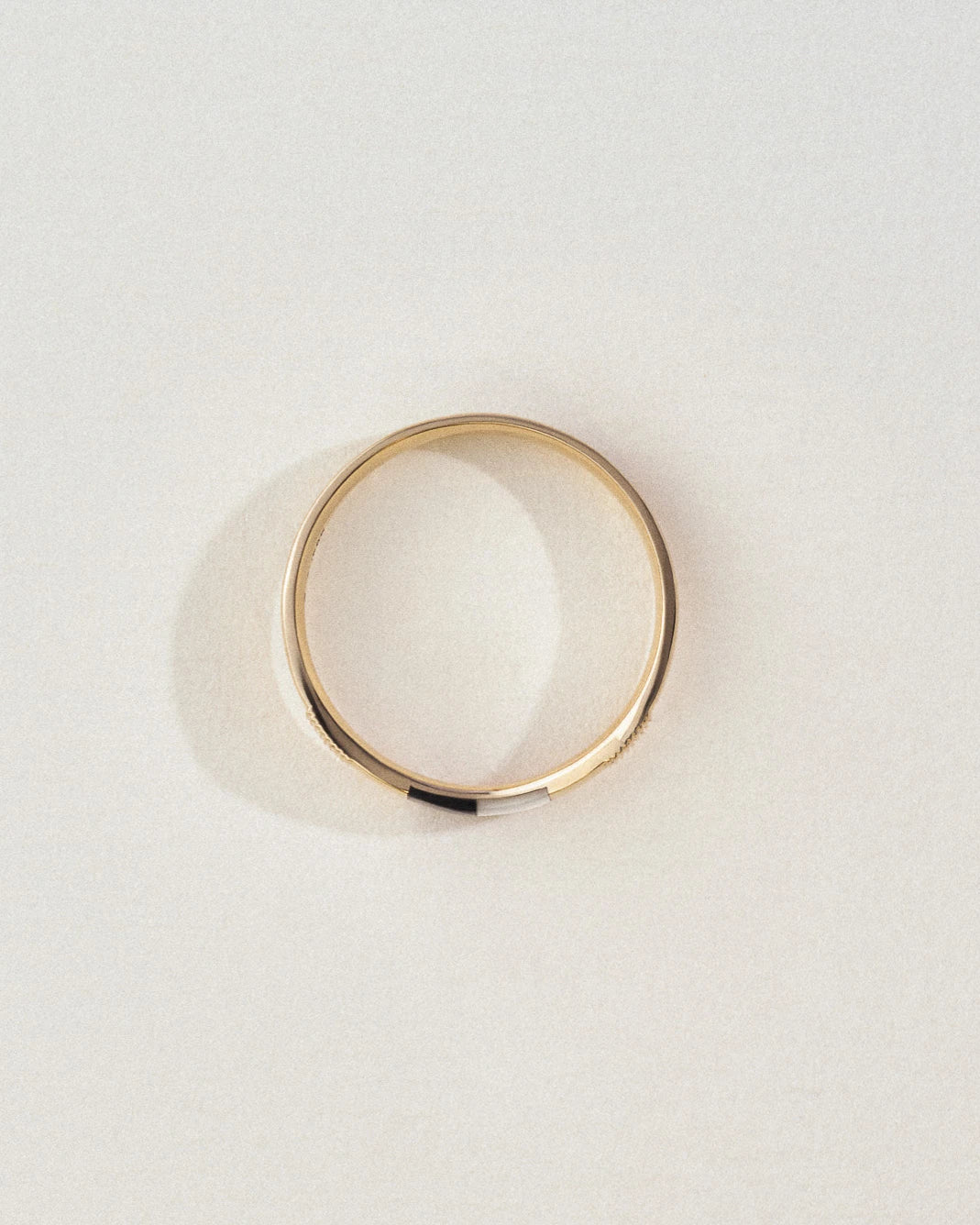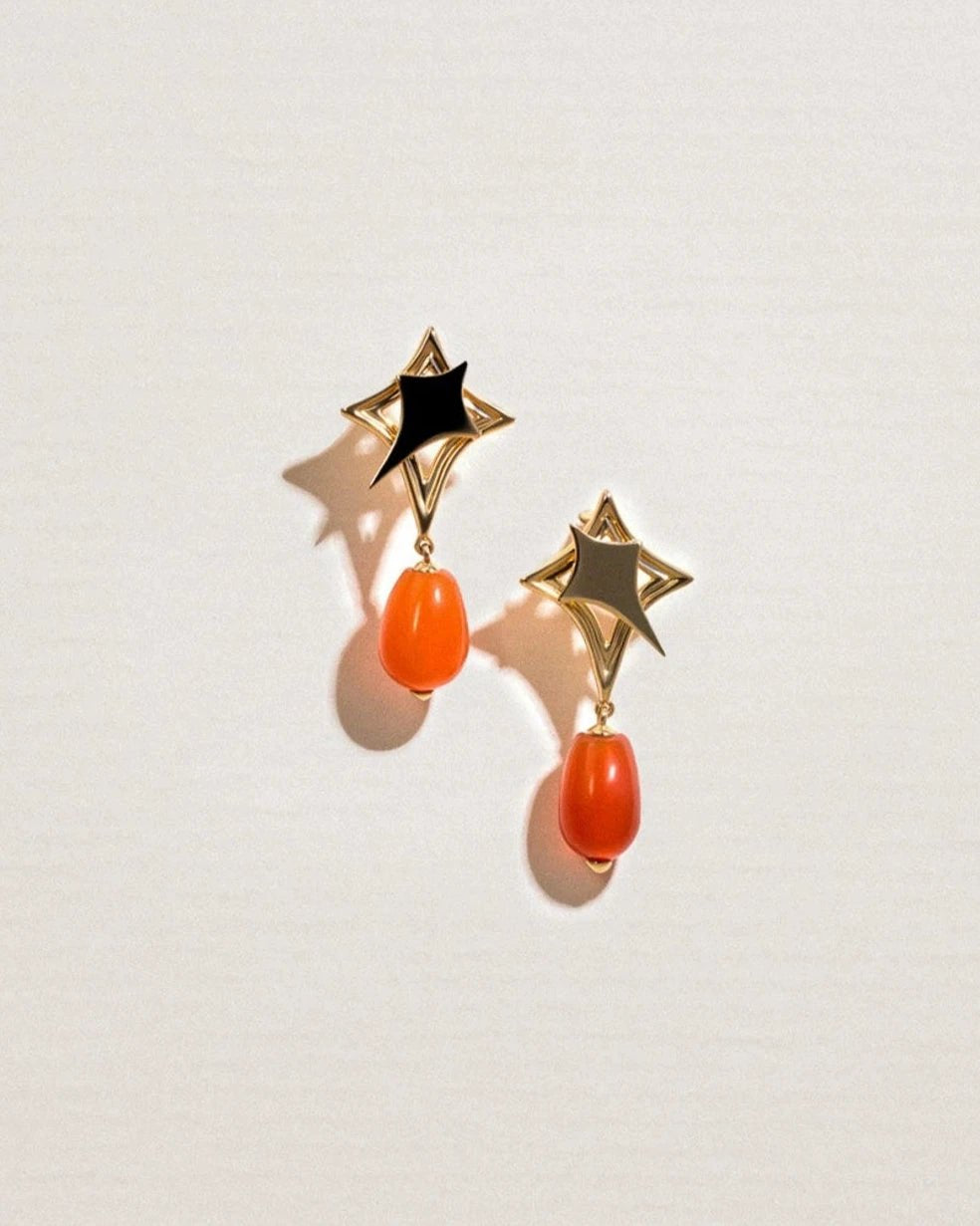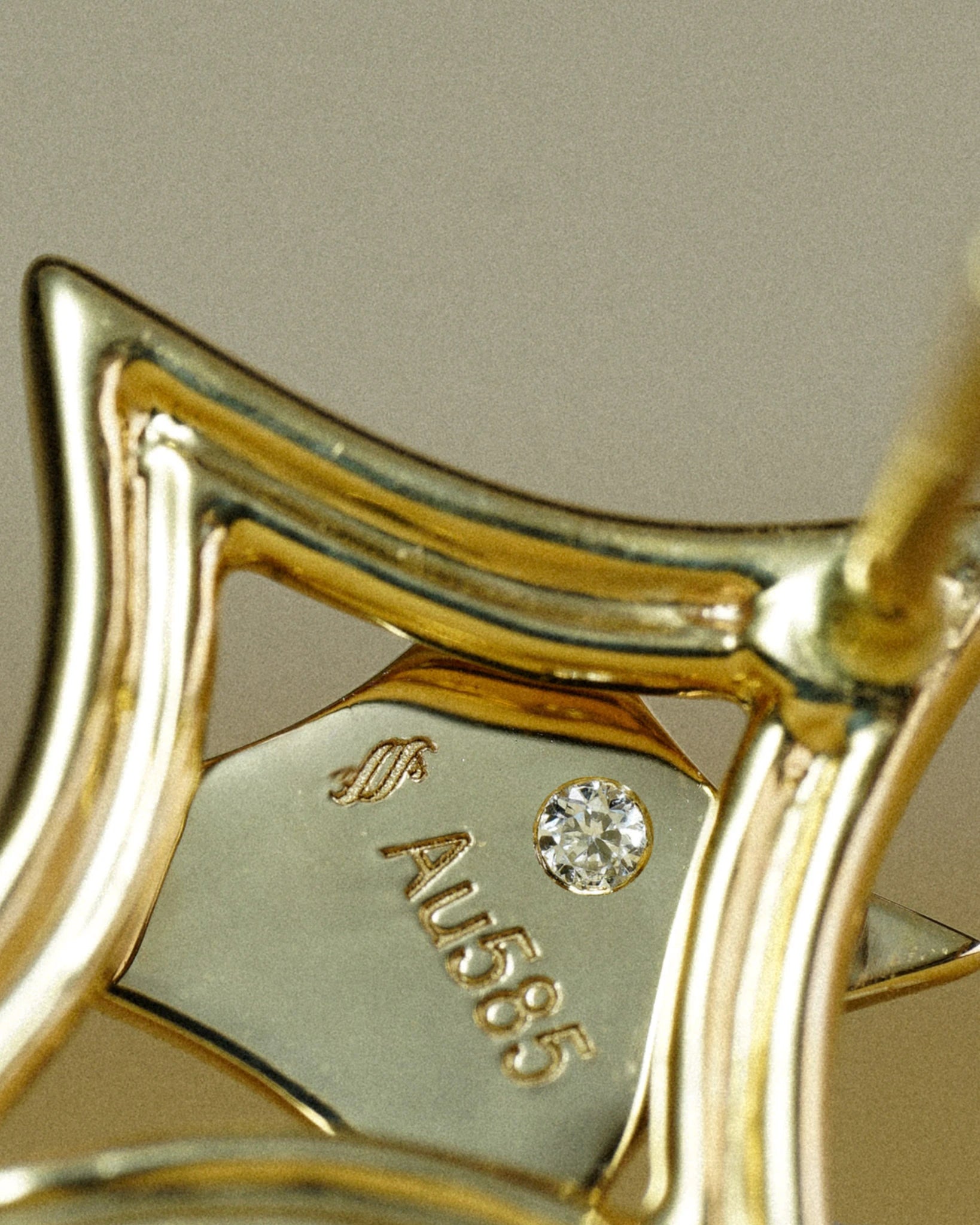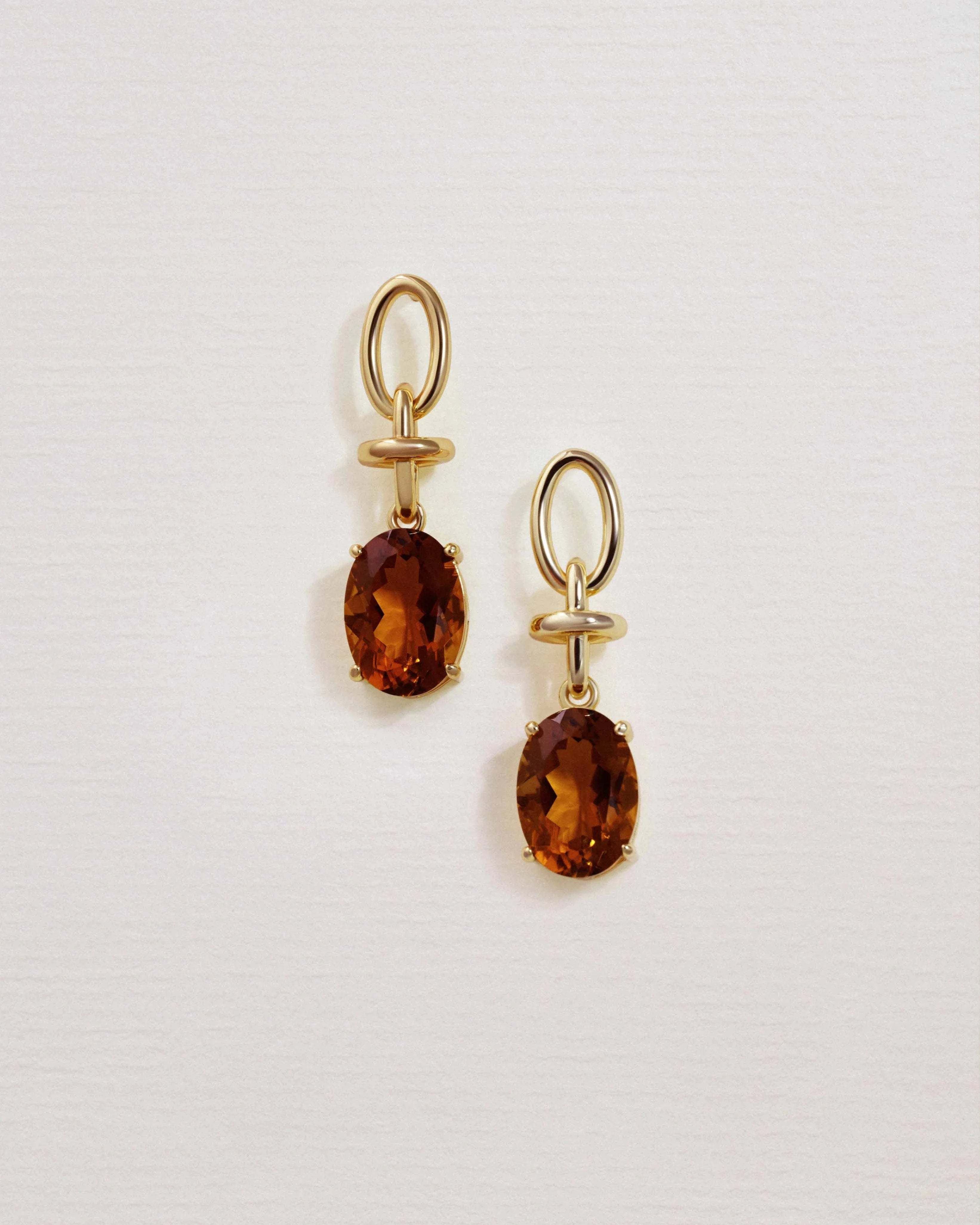Shall I Compare Thee to a Summer’s Day?
A love letter to lasting beauty—through Shakespeare, through jewelry, through time.
Ah, Sonnet 18. Probably the most quoted poem in all of English literature, and for good reason. Shakespeare wasn’t just wooing a lover with these lines—he was capturing what it means to make beauty last. In just 14 lines, he turns fleeting summer into something eternal, all in the name of love.
Let’s break it down the Stanza way.

1. The Trouble with Summer
It begins, famously, with a question: "Shall I compare thee to a summer’s day?"
We all know summer—it's golden, romantic, deliciously fleeting. And that's exactly the problem. Shakespeare doesn’t flatter blindly. He immediately points out summer’s flaws:
Summer is unreliable. It comes and goes, burns too hot, leaves too quickly. So no, the poet says, you are better than summer—because your beauty lasts. Not just in looks, but in presence, in spirit, in the way you make people feel.
We love this contrast because it reminds us of a truth we sometimes forget: real beauty isn’t in seasonal perfection. It’s in what endures when the season is gone.

2. What Lasts Longer than Summer?
Thy eternal summer shall not fade…
Your beauty, he says, will never be shaken by winds or time. How? Through art. Through this very poem. It’s not about physical youth; it’s about what’s worth remembering.
This part always hits close to home for us at Stanza. We believe that beauty is something we build into the piece. It’s in the time taken to engrave, the care given to polish, the hours our designers and artisans spend ensuring the piece holds weight—not just physically, but emotionally.
A summer’s day disappears. But a memory? A moment? A piece of jewelry worn and loved for years? That can last.

3. The Power of Craft (and Crafting Someone Into Forever)
There’s something quietly powerful about Shakespeare’s confidence:
He’s promising a kind of immortality. A beauty that will live as long as the poem is read. He’s saying: I see something eternal in you, and I’m going to preserve it. That’s what great art does. That’s what great love does.
We think jewelry works the same way. Every curve we cast in gold, every stone we choose, is a way of saying: You’re worth remembering. Not for a season, not for a party, not for someone else’s gaze—but for the life you’re living in that moment.
Sometimes that’s a wild summer romance.
Sometimes it’s just you, a good book, and a glass of wine on a Tuesday.
Either way, you deserve something lasting. Something lovingly made.

4. Stanza’s Take: Golden Words, Golden Pieces
We carry Sonnet 18 with us in our philosophy—because we don’t think beauty should fade. Or be fleeting. Or be for others only. Our jewelry isn’t seasonal; it’s made to accompany you across seasons of your life. Through changes. Through growth. Through all the phases you’ll become.
Take the Heartfelt Necklace, for example—simple on the outside, full of intention on the inside. Or the Wave Ring, a golden ripple that catches the light just so when you’re reaching for your morning coffee or fixing your kid’s hair before school. Those small moments are the poem.
It’s not about comparing you to a summer’s day.
It’s about recognizing you are already the verse.

5. The Beauty That Doesn’t Fade
“Thy eternal summer shall not fade,”

Sincerely Yours
![]()


